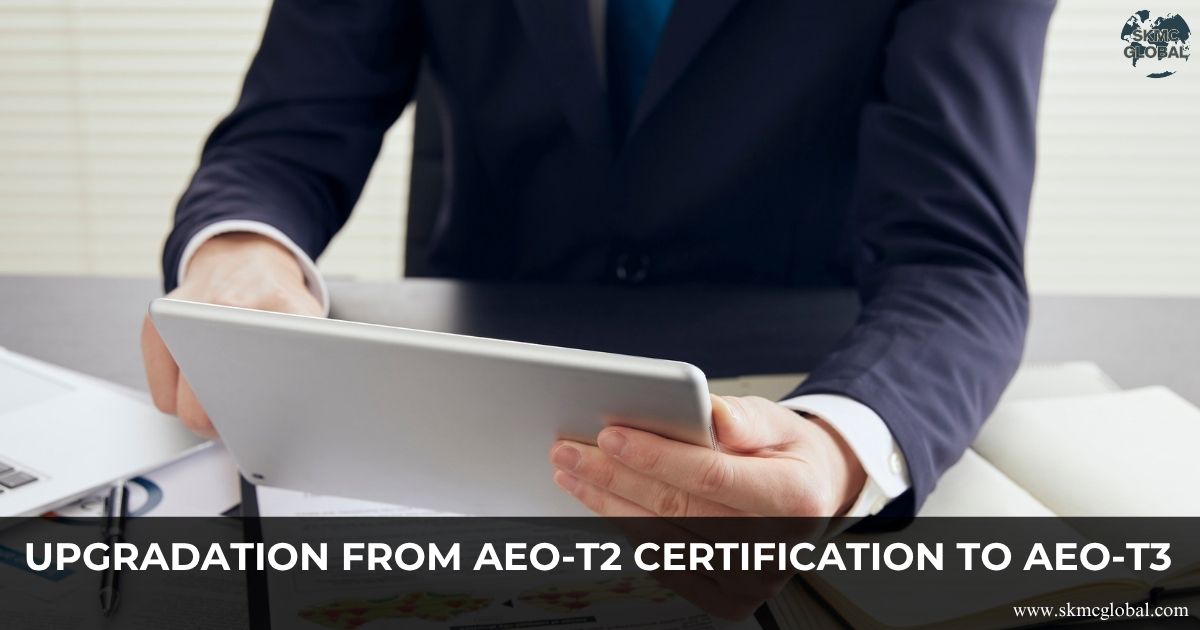
In today's world of global trade, smooth customs operation means a relationship based on trust, reliability, and compliance. In tune with this trend of international trade, businesses strive relentlessly to cut delays in order to establish themselves as credible partners in the global supply chain. One of the most well-known ways of doing this is by getting an AEO Certificate, or Authorised Economic Operator in India.
Though an AEO certification gives companies credibility with the customs authority, it strengthens their global competitiveness in ensuring cross-border trades that are speedier and more secure. With Indian Customs encouraging this concept of trusted traders further, an AEO Certificate has reached the mark of excellence and dependability in the international logistics ecosystem.
The upgrade from AEO-T2 to AEO-T3 is indeed an important step for most companies to demonstrate the highest degree of compliance, credibility, and efficiency under the AEO India program.
Overview of the AEO Programme in India
The AEO programme has been implemented by the Central Board of Excise and Customs with the view to align Indian Customs with WCO's SAFE Framework of Standards. It is targeted at ensuring supply chain security at the international level as well as facilitating legitimate trade.
Accordingly, vide Circular No. 33/2016-Customs, the earlier ACP and the then AEO scheme were integrated into a single comprehensive four-category structure, namely:
- AEO-T1: Certification confers a basic degree of recognition on importers and exporters.
- AEO-T2: Intermediate status granting additional privileges, partial physical verification relief.
- AEO-T3: This is the highest level of accreditation; it represents maximum facilitation and global recognition.
- AEO-LO: Logistics services provider, custodian, terminal operator, customs broker, and warehouse operator.
Each AEO level represents an expanded level of compliance, security, and operational integrity in the global supply chain. Entities desirous of up-gradation from AEO-T2 to AEO-T3 shall demonstrate that these standards are followed as laid out in this circular.
Why Upgrade from AEO-T2 to AEO-T3 and Key Benefits of AEO-T3 Certification
Upgradation to AEO-T3 from AEO-T2 under the Authorised Economic Operator Programme comes with various operational and reputational benefits. AEO-T3 is the pinnacle of trust and facilitation accorded by Indian Customs. It enhances credibility, simplifies trade operations, and ensures global recognition through MRAs with partner Customs administrations.
Key Benefits of AEO-T3 Certification
1. Highest Level of Customs Facilitation:
AEO-T3 level entities enjoy the highest privileges from Customs, including reduced examination, faster cargo clearance, and priority processing at both the import and export stages.
2. Global Recognition under MRAs:
Its AEO-T3 status is mutually recognized by other Customs administrations with which India has signed MRAs. Ensuring smoother, faster, and more consistent Customs procedures for your shipments across the world.
3. Lower Transaction and Operational Costs:
Faster clearance and minimal inspection reduce demurrage, storage, and other operational costs that improve overall supply chain efficiency.
4. Exemption from Scanning (Except on Intelligence):
The containers of AEO-T3 holders are exempt from routine scanning unless required on specific intelligence. If scanning is required, they are accorded top priority.
5. Accepting Self-Certified Documents:
Customs also accepts self-certified copies; hence, no insistence on originals, which simplifies the documentation and verification procedures.
6. Waiver of Bank Guarantees:
AEO-T3 entities are exempt from furnishing bank guarantees, except in cases specifically ordered by competent authorities for provisional release of seized goods.
7. Risk-Based and Expedited Clearance:
Other government agencies' clearances are processed in a risk-based approach to minimize delays and facilitate the quicker release of goods.
8. Access to On-Site Inspection:
AEO-T3 holders can request on-site Customs inspection or examination, making operations more convenient and flexible.
9. Speedy Refunds and Rebates:
Refund and rebate of Customs, Central Excise, and Service Tax is sanctioned within 30 days from the receipt of complete documents.
10. Improved Brand Credibility and Reputation:
Maintaining the highest AEO status will make your company a trusted global trader, with the recognition that your business complies with international standards on security and trade facilitation.
11. Priority in Policy Consultations and Pilot Programs:
Organizations designated as AEO-T3 will be frequently invited to Customs-led consultations and pilot projects, and as such have early access to newly introduced facilitation measures or policy initiatives.
Upgrade from AEO-T2 to AEO-T3, and your organization will join the league of top-compliant, globally recognized traders under the AEO India Programme. This certification ensures maximum facilitation by Customs, hence making your operations more efficient, less costly, and.
Eligibility Criteria for Upgradation from AEO-T2 to AEO-T3
The Central Board of Indirect Taxes and Customs lays down the criteria concerning eligibility for the grant of AEO-T3 to an applicant already holding the status of AEO-T2. An applicant shall be considered eligible if it satisfies the following: consistency in compliance and a robust internal control system.
A certificate of AEO-T3 status may be granted to an importer or an exporter who has satisfied any of the following eligibility conditions as provided under Section 1.2.3 of Circular No. 33/2016-Customs:
1. Continuous AEO-T2 status:
The applicant must have continuously held AEO-T2 status in the two years preceding the date of the AEO-T3 application.
2. Business Partners:
The applicant has been granted the AEO-T2 certificate. The major business partners, such as importers, exporters, logistics service providers, custodians, terminal operators, customs brokers, and warehouse keepers, hold a valid AEO-T2 or AEO-LO certificate or equivalent certification issued by foreign customs authorities.
These criteria are necessary so that the AEO-T3 applicant can prove not only its own compliance but also a secure end-to-end supply chain network.
Conditions to Maintain the Status AEO-T3
Upon the grant of the AEO-T3 certificate, the entity shall undertake to maintain its adherence to the compliance and security standards provided in the circular. The major conditions are as follows:
1. Legal and Financial Compliance:
The enterprise hasn't committed fraud, forgery, or a major customs offense within the last year of the three successive financial years and it is still in good financial position and does not enter bankruptcy and/or insolvency proceedings.
2. Internal Control Systems:
Strong internal controls, recording mechanisms, and IT systems ensure that errors in customs documentation and traceability are minimal.
3. Security and Safety Protocols:
The security measures should be robust, covering premises, cargo, personnel, and conveyance security in line with the details contained in Para 3.5 of the circular.
4. Continuing Contact with Customs:
Any changes in ownership, management, address, or operational process shall be informed to the AEO Programme Manager within 14 days.
5. Recertification:
An AEO-T3 certificate is valid for five years. Applications for renewal should be made during the 90 days prior to the expiry date and in the same manner as for a new application.
Long-term assurance of the trust of the customs administration and, as such, continuous flow of benefits stemming from the AEO Certificate are given, provided these conditions are continuously observed.
Clarifications Issued by CBIC on AEO-T3 Upgradation
CBIC issues periodic clarifications regarding the process of AEO certification. Points relating to upgradation of AEO-T3 are:
1. Performance Evaluation Pre-Upgrade:
The customs authority verifies the record of the entity as AEO-T2 for at least two years before approving its upgrade.
2. Extension of Validity During Review:
The validity of the AEO-T2 certificate would automatically be extended until the decision is taken in cases where it is due to expire during the course of the T3 application.
3. MRAs Recognition:
The status of AEO-T3 is recognized under MRAs signed with countries including Japan, South Korea, and the U.S., and provides similar benefits abroad.
4. Digital Application Facility:
Now, application for upgradation is being handled through an online AEO portal, which enables faster submission and management of documents.
5. Security and IT standards:
These include enhanced IT security on secure data access, password policies, and physical surveillance that has to be adhered to by an entity.
6. Third-party warehouses:
Businesses that use outside logistics or warehousing partners need to make sure that these partners follow the same AEO security guidelines.
The enterprise will gain a better understanding of how to achieve AEO-T3 and long-term compliance with these clarifications.
Application and Up-gradation Procedure
The procedures for upgrade from AEO-T2 to AEO-T3 are specifically stated in paras 4.4.8 and 4.4.9 of the circular.
1. Application Submission
An application in the prescribed form at Annexure-A for grant of AEO-T3 status is to be submitted by an existing AEO-T2 certificate holder to the AEO Programme Manager, Directorate General of Performance Management (DGPM), New Delhi.
2. Supporting Documentation
The application shall be accompanied by updated documentation, including:
- Proof of AEO-T2 certification
- Financial statements
- Updated security plan and process maps
- Particulars of business partner Annexure-F.
3. Review and Verification
- Where the same applicant has already been an AEO-T2 status holder for more than two years without any relevant change since the last verification, then an AEO-T3 application can be issued shortly.
- Physical verification by AEO Programme Team would be done in cases where it is less than two years or there are considerable changes. The focus would largely be on Annexure-F, Business Partner Compliance, and Supply Chain Security.
4. Certificate Issue
The AEO Programme Manager would issue the AEO-T3 certificate for a period of five years, if successfully verified. Where this is the case, the entity may immediately avail of the AEO-T3 benefits upon its activation.
Validity, Renewal & Review
- Validity: The validity of an AEO-T3 certificate is five years from the date of its issuance.
- Renewal: As provided in Para 5.2.1, applications for renewal have to be filed 90 days prior to expiry.
- Periodical Review: Periodic review by customs, say every five years of the AEO-T3 status, would ensure continuous compliance in accordance with Para 5.4.1.
Punishment for failure to meet the set criteria may be imposed as suspension, a downgrade, or revocation of the AEO Certificate.
How SKMC Global Can Help with AEO-T3 Upgradation
At SKMC Global, we are exclusively engaged in smooth and compliant AEO registration and upgradation across India. Our team brings together a combination of extensive experience in customs procedures and documentation with trade facilitation standards.
Our Key Services Include:
1. AEO Eligibility Assessment: We perform a very exhaustive compliance audit to check the readiness of your company for up-gradation.
2. Documentation Support: SKMC Global assists in drafting and arranging all the relevant documentation to be submitted under the AEO certification process.
3. Gap Analysis & Corrective Action Plan: We identify the gaps between AEO-T2 and T3 compliances and help bridge them efficiently for you.
4. Coordination with Customs: Our professionals will coordinate with customs authorities and AEO cells for timely processing of your AEO Certificate upgrade.
5. Post-Certification Support: Our services post-certification includes compliance support, renewals, and audits to ensure that the benefits of AEO-T3 certification are secured for a long period.
This is where a partnership with SKMC Global will help the businesses remain focused on their core operations of trade, while we take care of all the complexities of the AEO India program.
Conclusion
Upgrade from AEO T2 to AEO T3 isn't just a procedural enhancement; it is a strategic step toward global trade excellence. The AEO Certificate at T3 level positions your organization as a reliable and compliant partner in the international supply chain, offering faster customs clearances, cost reductions, and heightened global recognition.
AEO India is an evolving mechanism where businesses need to keep themselves updated and compliant. Expert advice by SKMC Global will help your organization achieve and maintain the highest level of AEO certification with ease after making your business understand eligibility, conditions, and clarifications.
Be it upgrading your AEO Certificate to T3 or applying for AEO-LO as an importer, exporter, or logistics operator, reach out to SKMC Global, your trusted partner in compliance and trade facilitation.
To know more- AEO Registration
Recent Posts
-
 Union Budget 2026 updates...
Feb 02,2026
Union Budget 2026 updates...
Feb 02,2026
-
 SEBI’s New Co-Investment Framework for AIFs: An ...
Jan 14,2026
SEBI’s New Co-Investment Framework for AIFs: An ...
Jan 14,2026
-
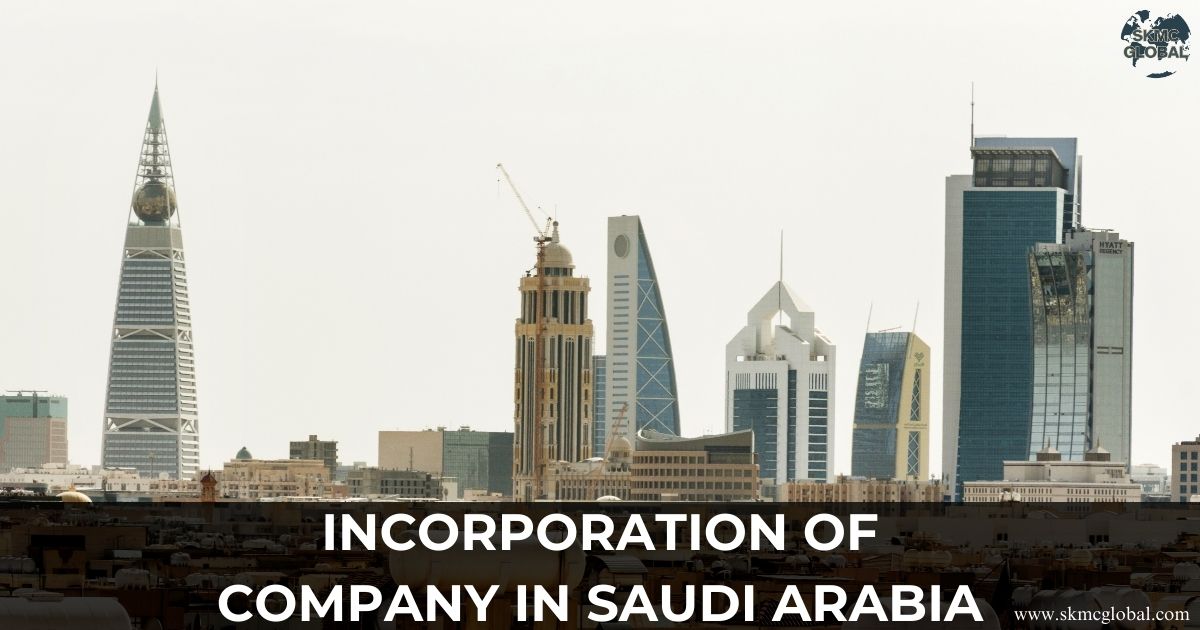 Incorporation of Company in Saudi Arabia...
Jan 05,2026
Incorporation of Company in Saudi Arabia...
Jan 05,2026
-
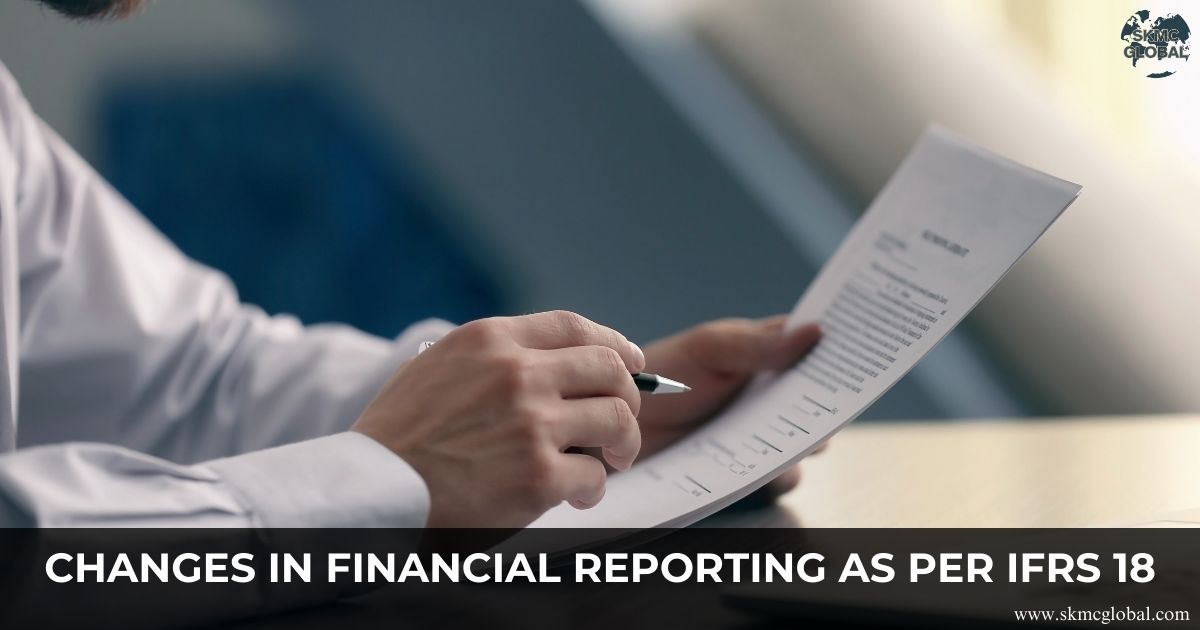 Changes in Financial Reporting as per IFRS 18...
Dec 31,2025
Changes in Financial Reporting as per IFRS 18...
Dec 31,2025
-
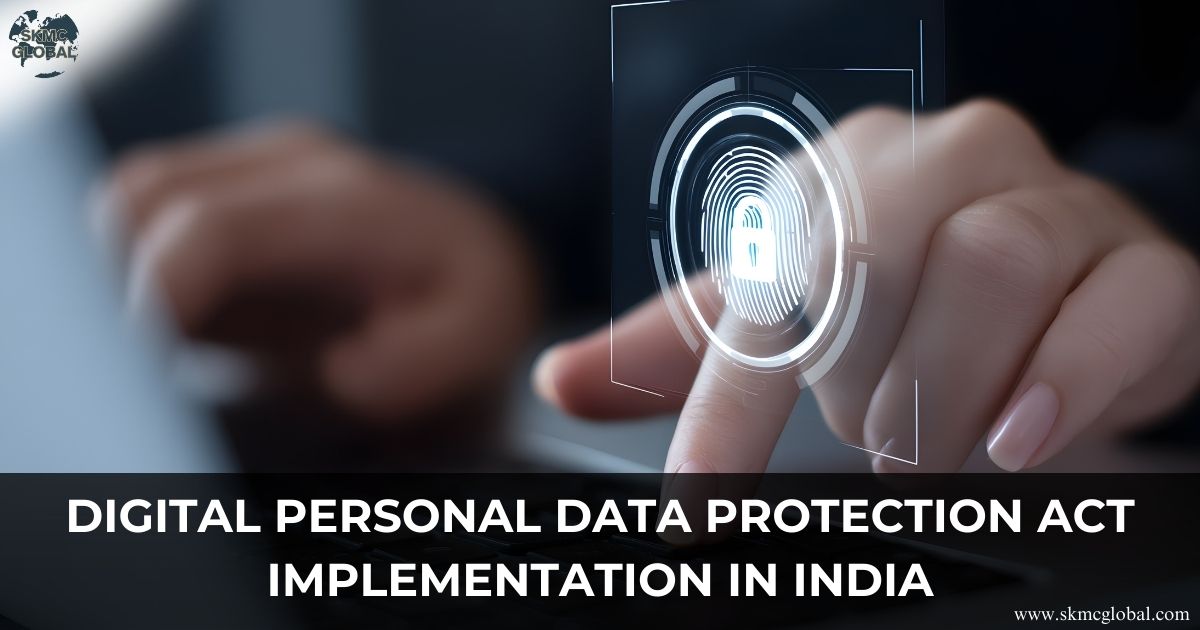 Digital Personal Data Protection Act Implementatio...
Dec 30,2025
Digital Personal Data Protection Act Implementatio...
Dec 30,2025
-
 How to setup a Semiconductor Unit in Gujarat...
Dec 26,2025
How to setup a Semiconductor Unit in Gujarat...
Dec 26,2025
-
 Process of Setting Up a Gratuity Fund Trust in Ind...
Dec 18,2025
Process of Setting Up a Gratuity Fund Trust in Ind...
Dec 18,2025
-
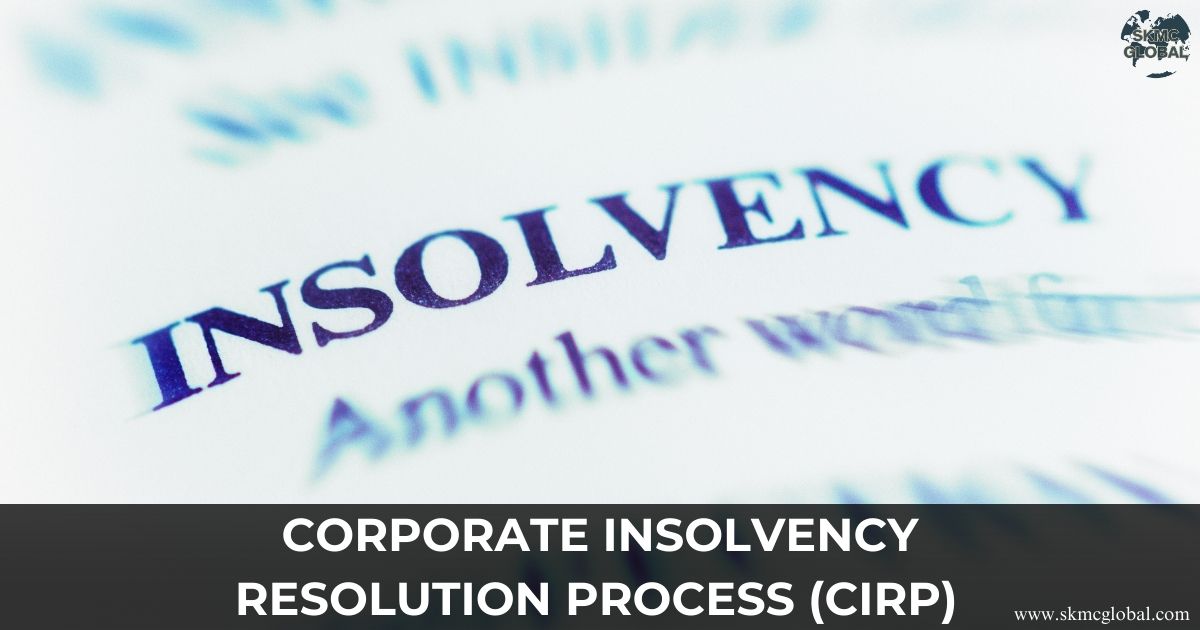 Corporate Insolvency Resolution Process (CIRP) und...
Dec 17,2025
Corporate Insolvency Resolution Process (CIRP) und...
Dec 17,2025
-
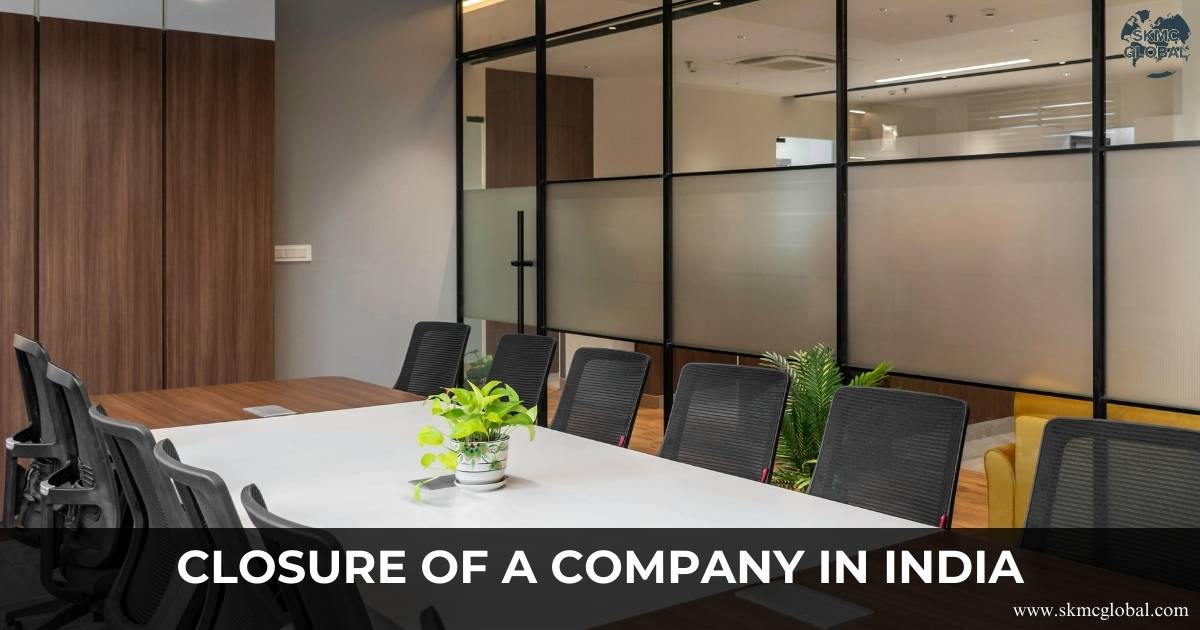 Closure of a company in India...
Dec 12,2025
Closure of a company in India...
Dec 12,2025
-
 Importance of Black Money Act 2015...
Dec 11,2025
Importance of Black Money Act 2015...
Dec 11,2025
-
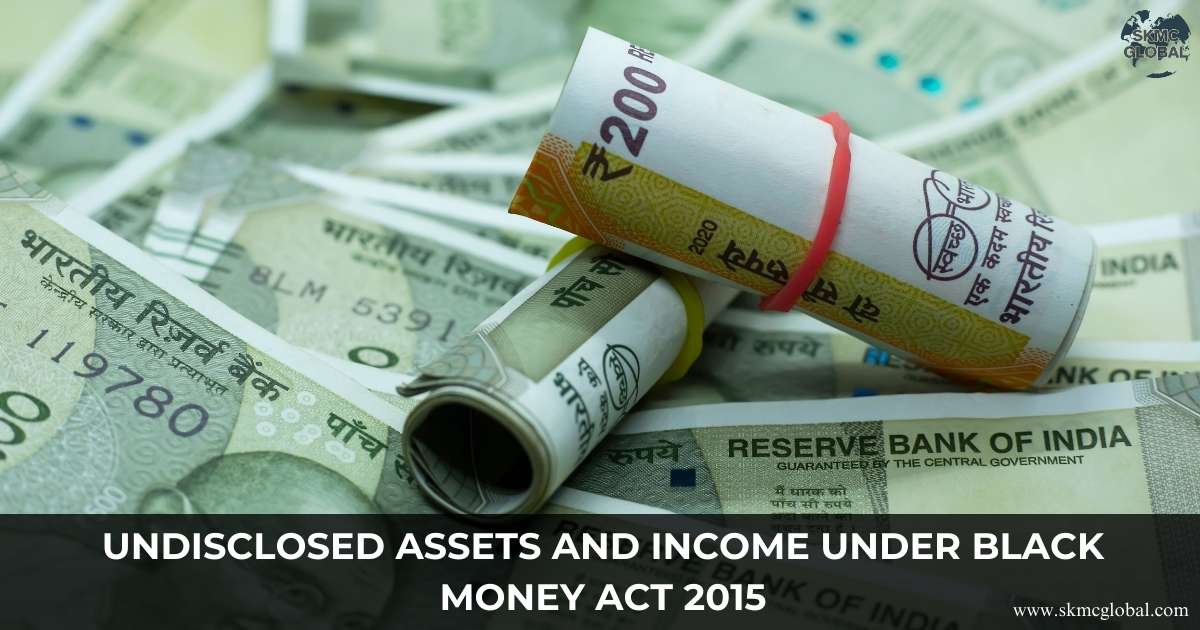 What are undisclosed assets and income under Black...
Dec 08,2025
What are undisclosed assets and income under Black...
Dec 08,2025
-
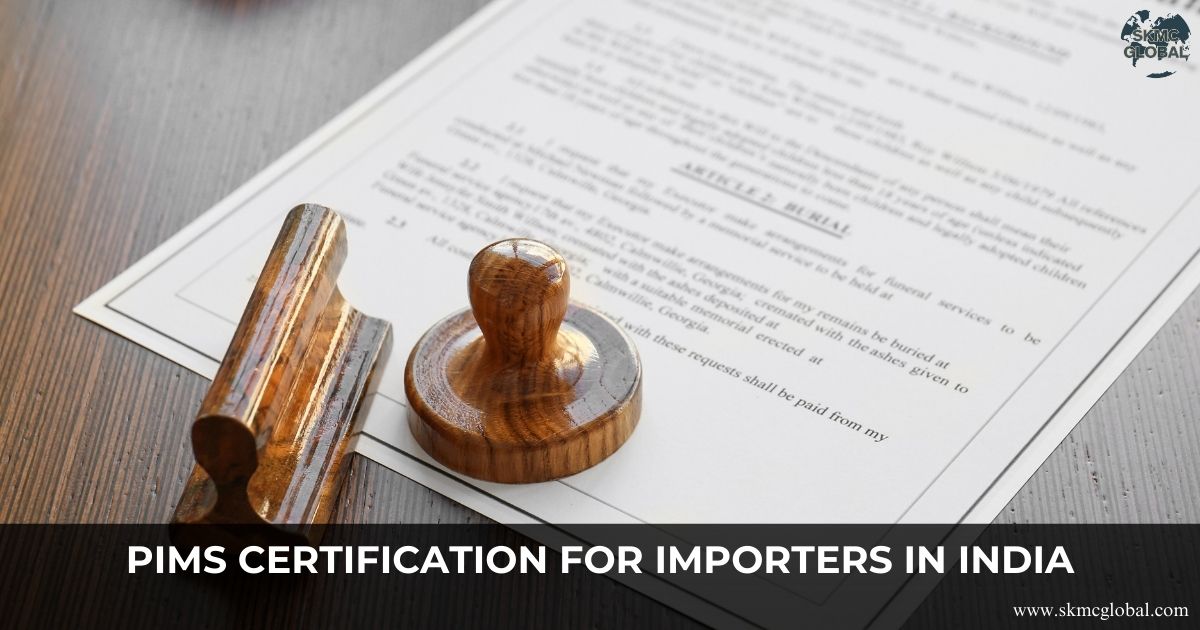 Importance of PIMS certification for Importers in ...
Dec 06,2025
Importance of PIMS certification for Importers in ...
Dec 06,2025
-
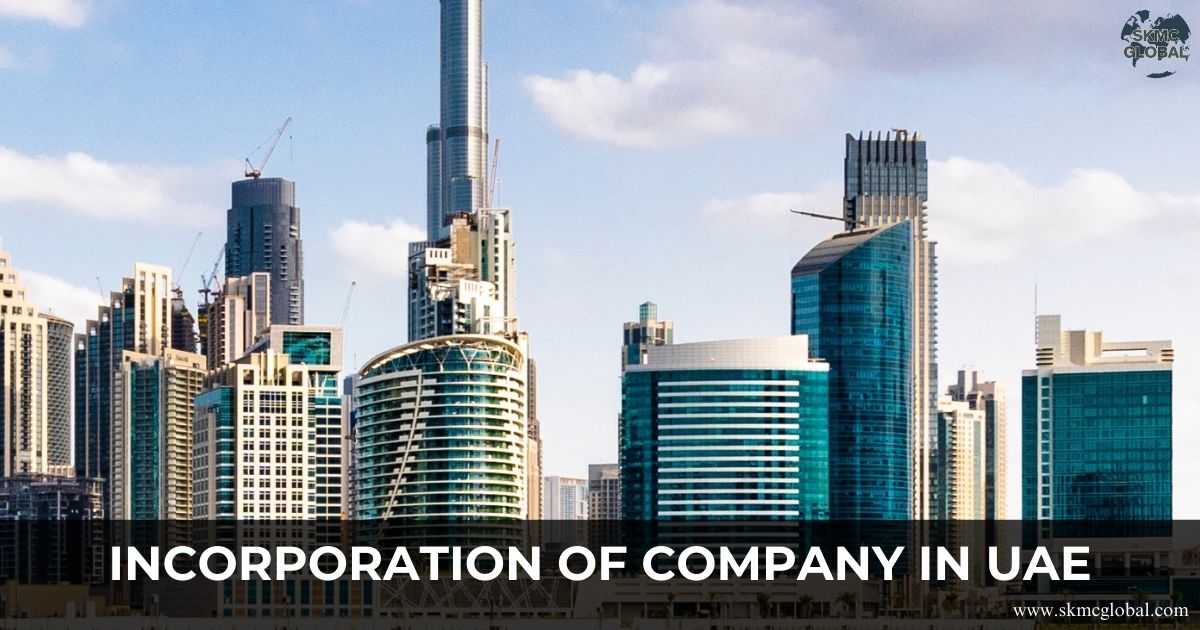 Incorporation of Company in UAE...
Dec 03,2025
Incorporation of Company in UAE...
Dec 03,2025
-
 Legal Entity Identifier LEI - Purpose and Applicab...
Dec 01,2025
Legal Entity Identifier LEI - Purpose and Applicab...
Dec 01,2025
-
 Implementation of New Labour Codes 2025...
Nov 29,2025
Implementation of New Labour Codes 2025...
Nov 29,2025
-
 A Step-by-Step Guide to a Smooth Payroll Outsourci...
Nov 28,2025
A Step-by-Step Guide to a Smooth Payroll Outsourci...
Nov 28,2025
-
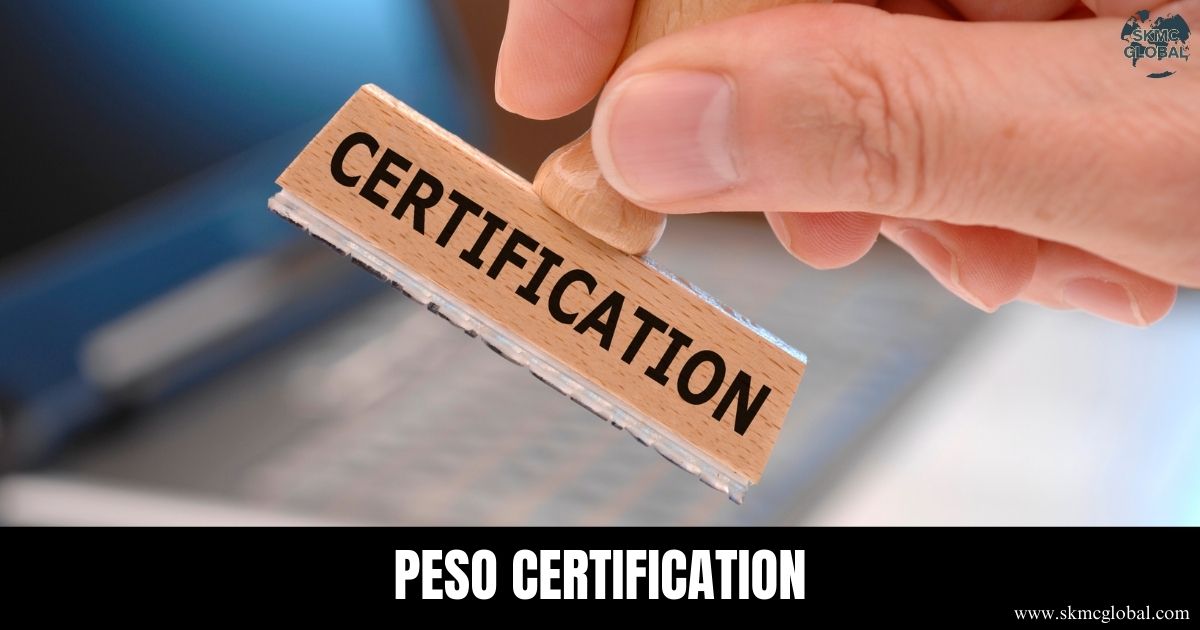 PESO Certification in India...
Nov 26,2025
PESO Certification in India...
Nov 26,2025
-
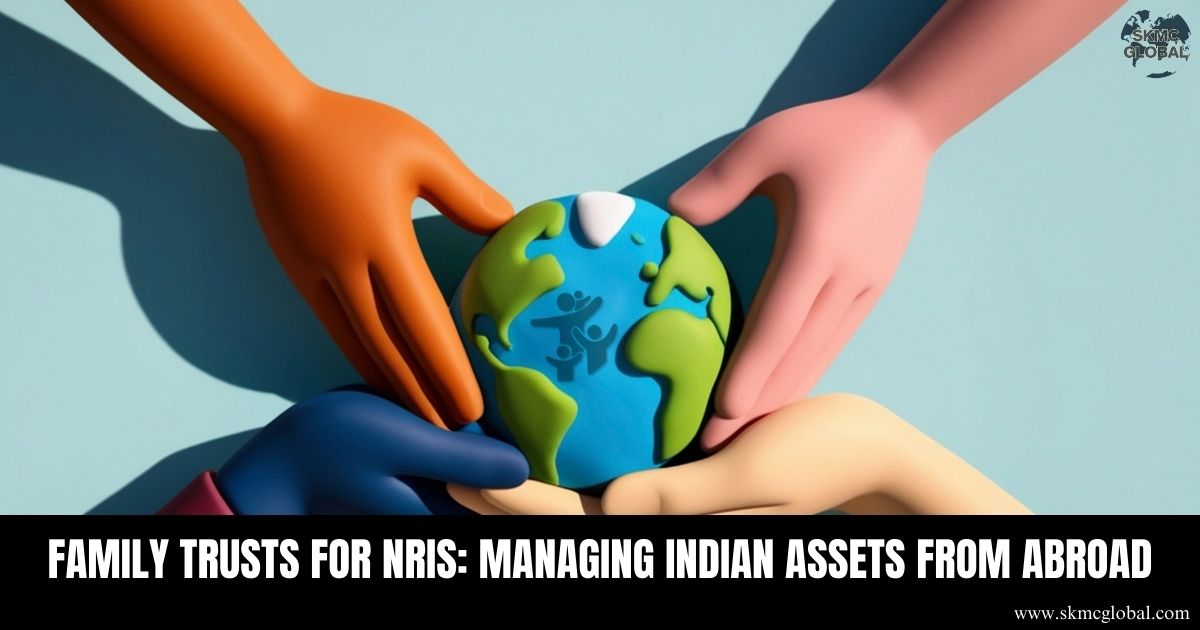 Family Trusts for NRIs- Managing Indian Assets fro...
Nov 24,2025
Family Trusts for NRIs- Managing Indian Assets fro...
Nov 24,2025
-
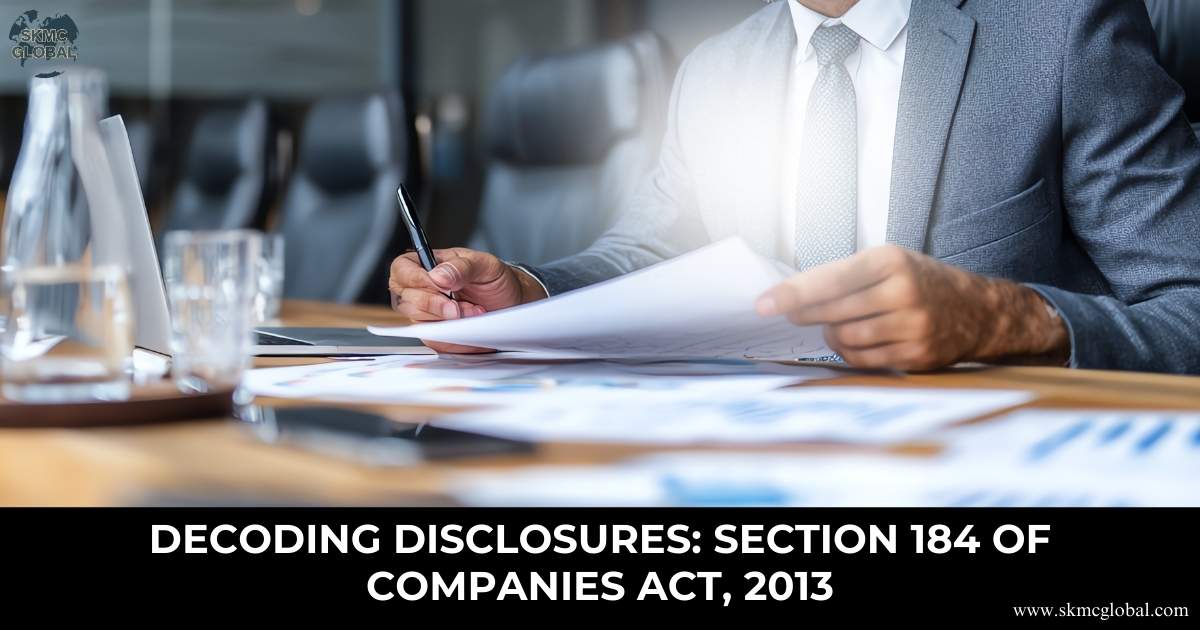 Decoding Disclosures: Section 184 of Companies Act...
Nov 21,2025
Decoding Disclosures: Section 184 of Companies Act...
Nov 21,2025
-
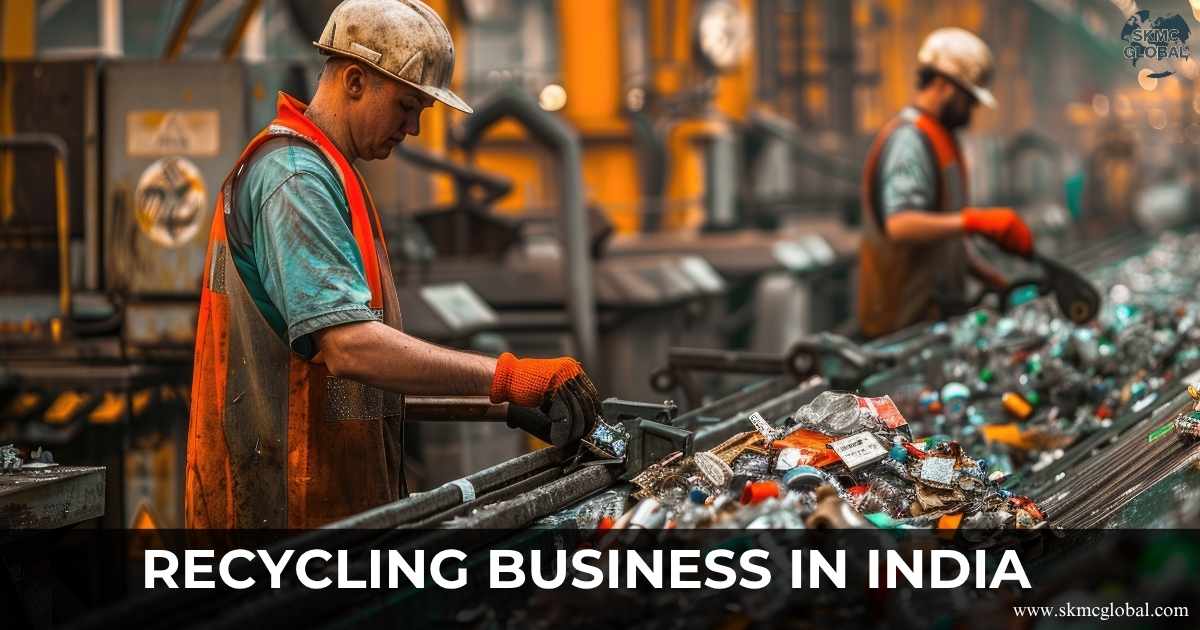 All you want to know about Recycling business in I...
Nov 20,2025
All you want to know about Recycling business in I...
Nov 20,2025
-
 What is Seed Fund Scheme and its relevance for Sta...
Nov 19,2025
What is Seed Fund Scheme and its relevance for Sta...
Nov 19,2025
-
 Incorporation of Company in Singapore...
Nov 18,2025
Incorporation of Company in Singapore...
Nov 18,2025
-
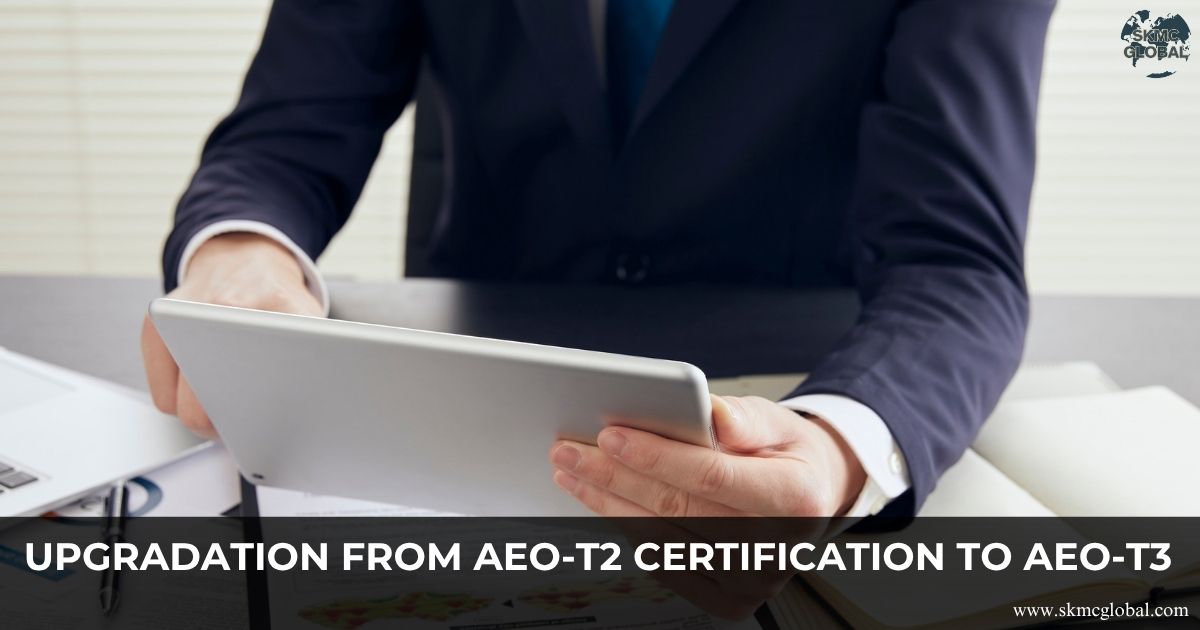 How to upgrade your AEO T2 certification to AEO T3...
Nov 15,2025
How to upgrade your AEO T2 certification to AEO T3...
Nov 15,2025
-
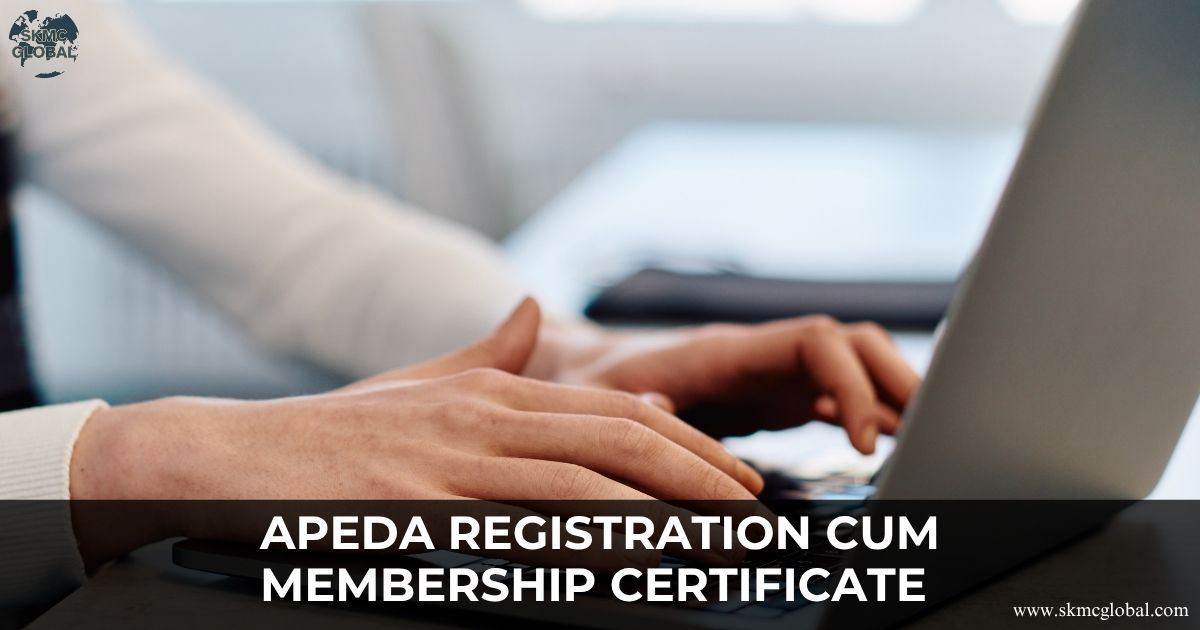 What is the relevance of APEDA Registration and it...
Nov 14,2025
What is the relevance of APEDA Registration and it...
Nov 14,2025
-
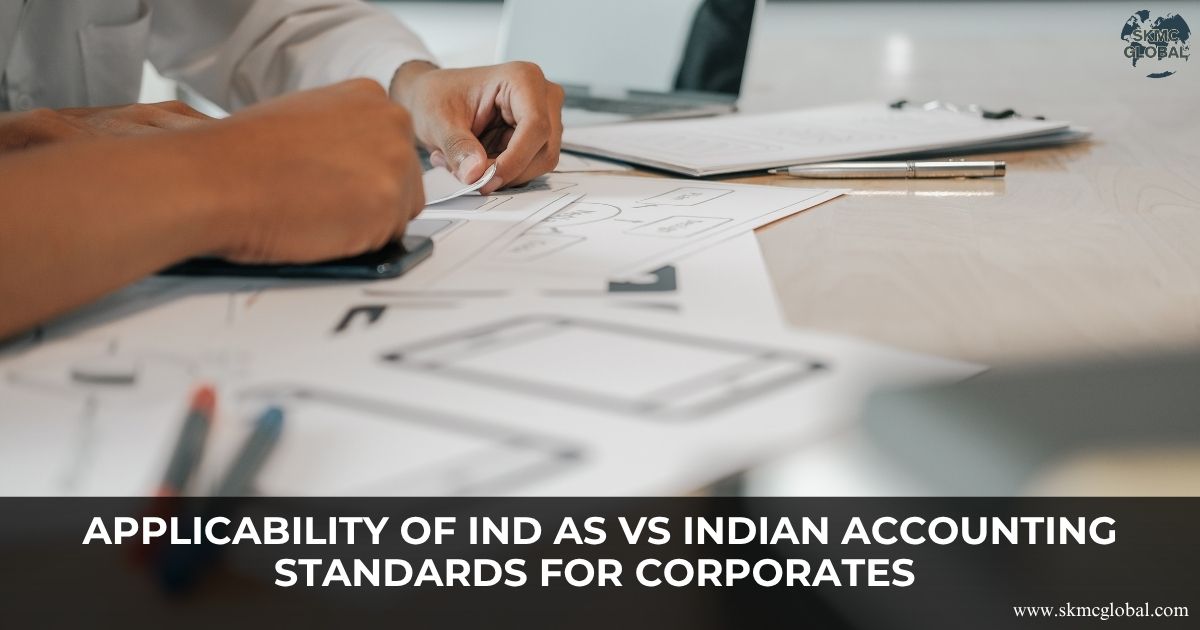 Applicability of Indian Accounting Standards for c...
Nov 11,2025
Applicability of Indian Accounting Standards for c...
Nov 11,2025
-
 Public vs. Private Trust: key Differences in Regis...
Oct 28,2025
Public vs. Private Trust: key Differences in Regis...
Oct 28,2025
-
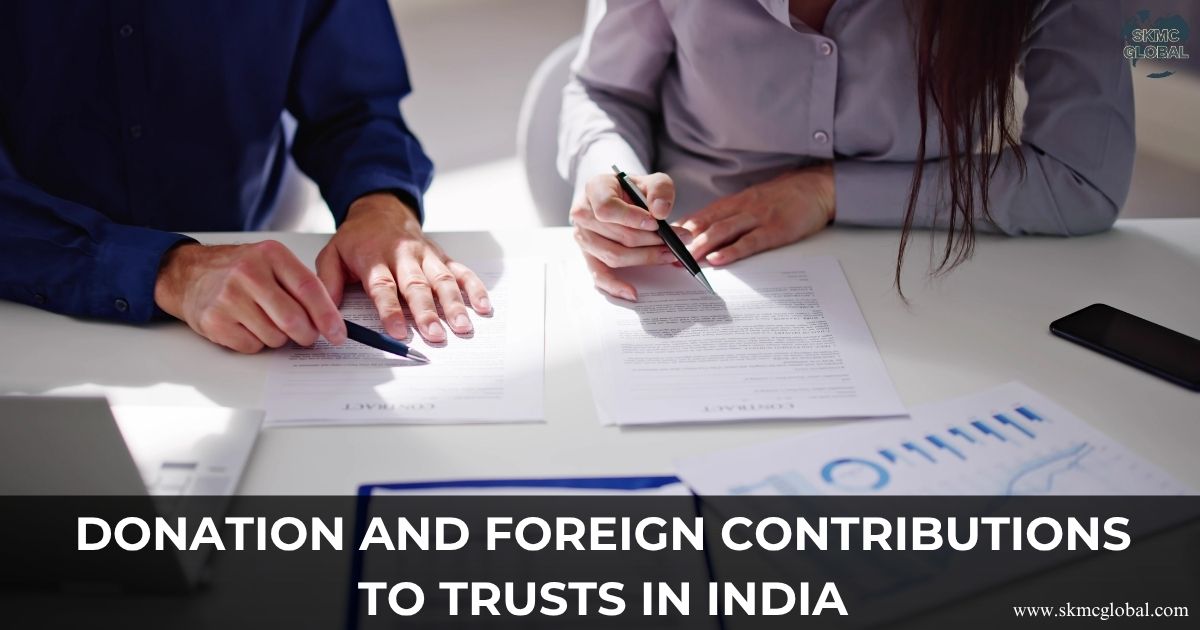 Donation and Foreign Contributions to Trusts in In...
Oct 23,2025
Donation and Foreign Contributions to Trusts in In...
Oct 23,2025
-
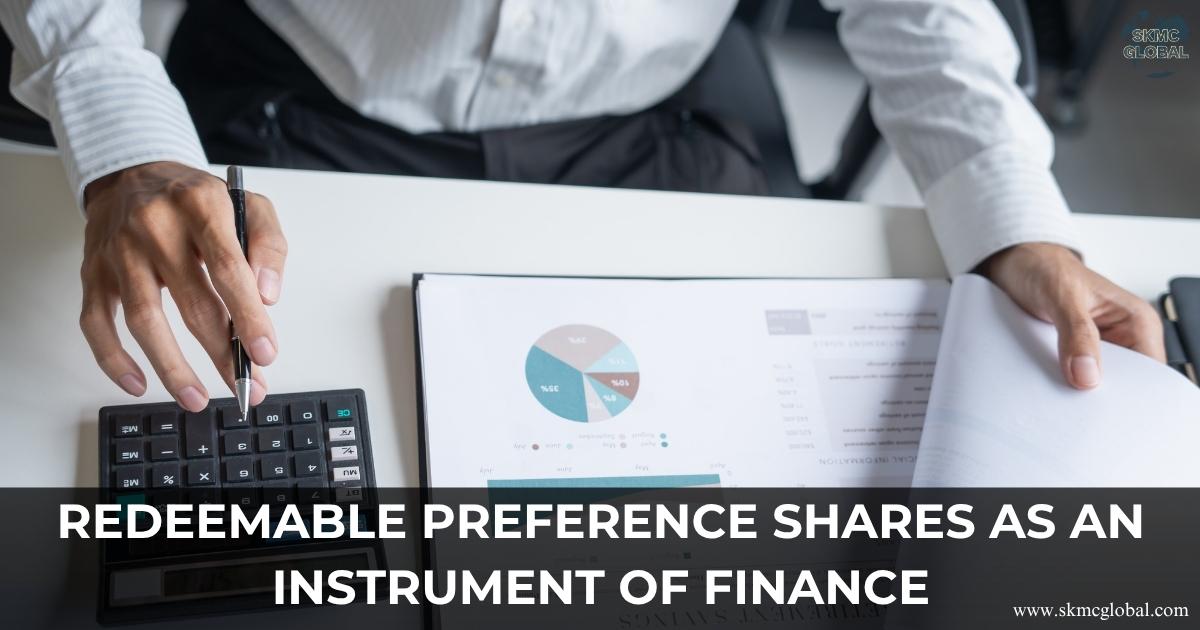 Redeemable Preference Shares as a Financial Tool...
Oct 22,2025
Redeemable Preference Shares as a Financial Tool...
Oct 22,2025
-
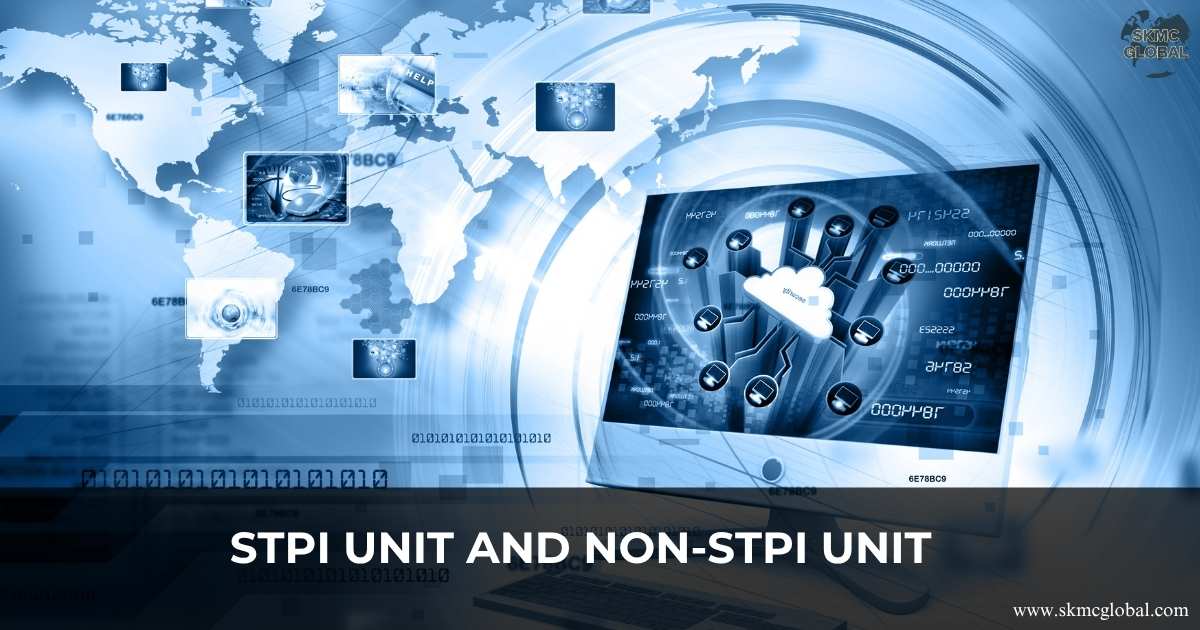 STPI Unit and Non-STPI Unit...
Oct 16,2025
STPI Unit and Non-STPI Unit...
Oct 16,2025
-
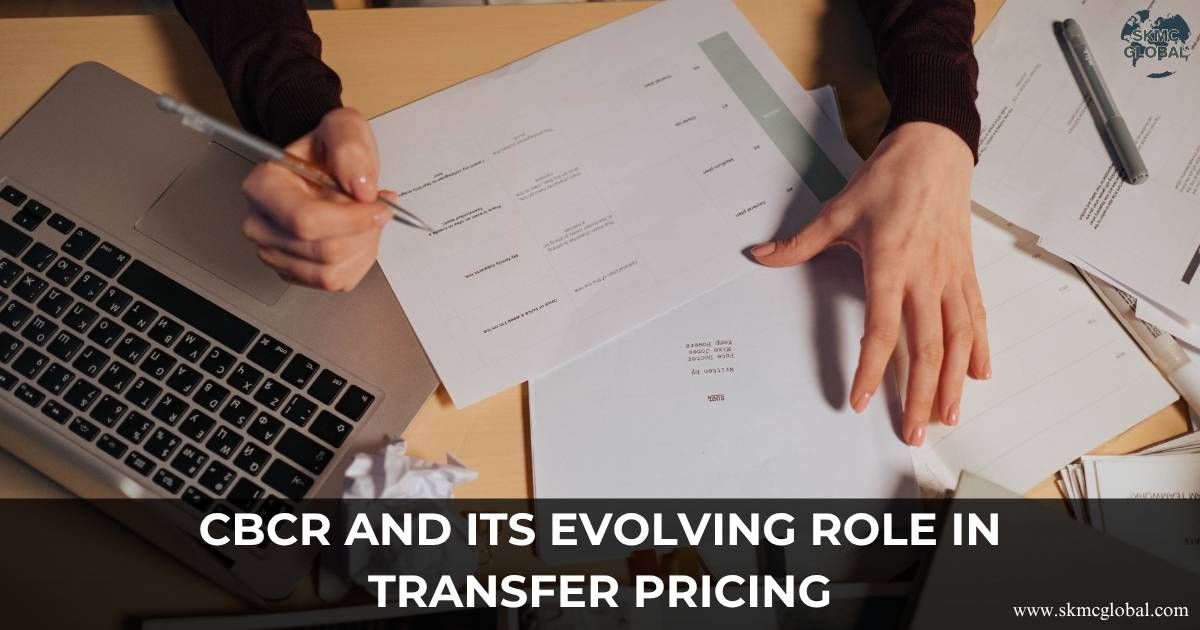 Country-by-Country Reporting (CbCR) and Its Evolvi...
Oct 09,2025
Country-by-Country Reporting (CbCR) and Its Evolvi...
Oct 09,2025
-
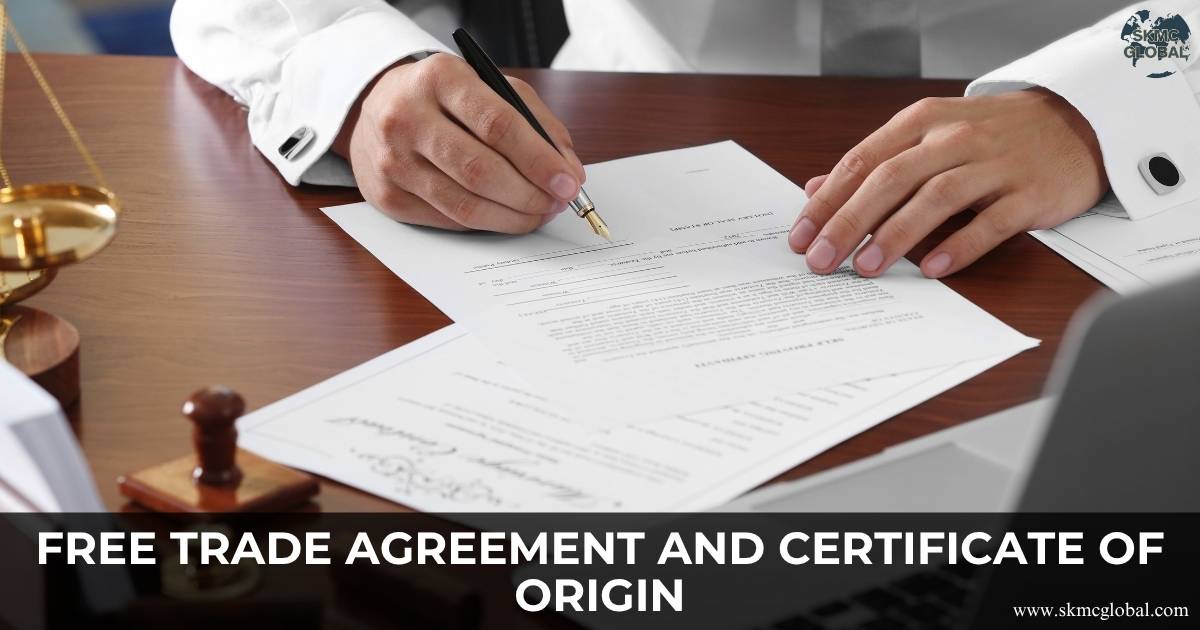 What is Free Trade Agreement and Certificate of Or...
Oct 08,2025
What is Free Trade Agreement and Certificate of Or...
Oct 08,2025
-
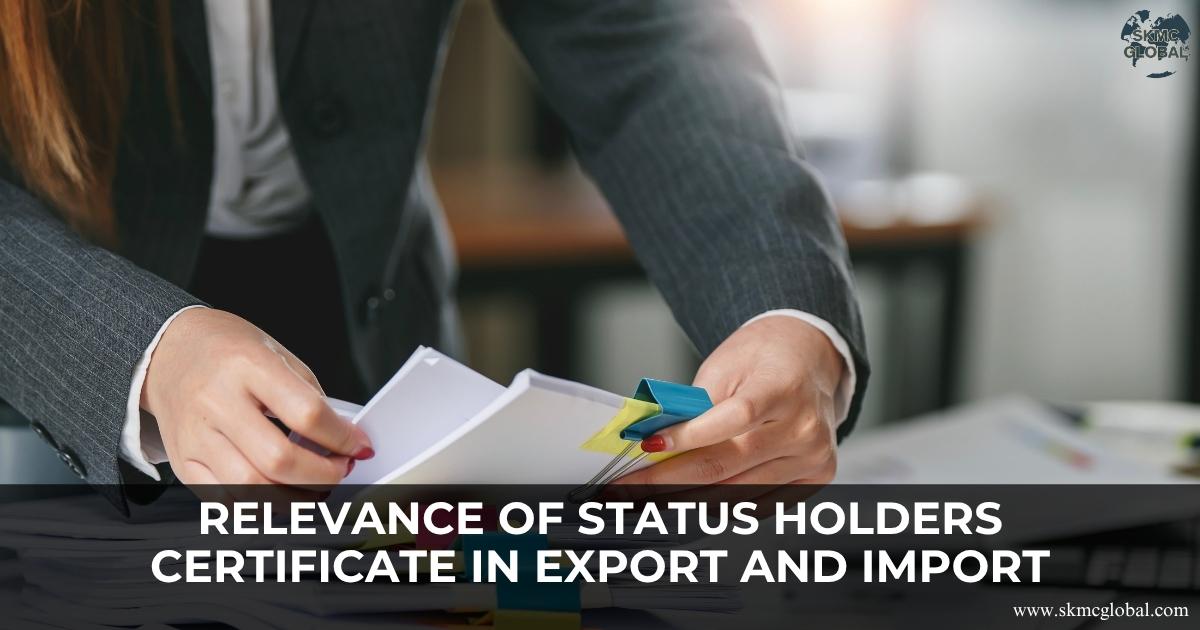 What is the relevance of status holders certificat...
Oct 06,2025
What is the relevance of status holders certificat...
Oct 06,2025
-
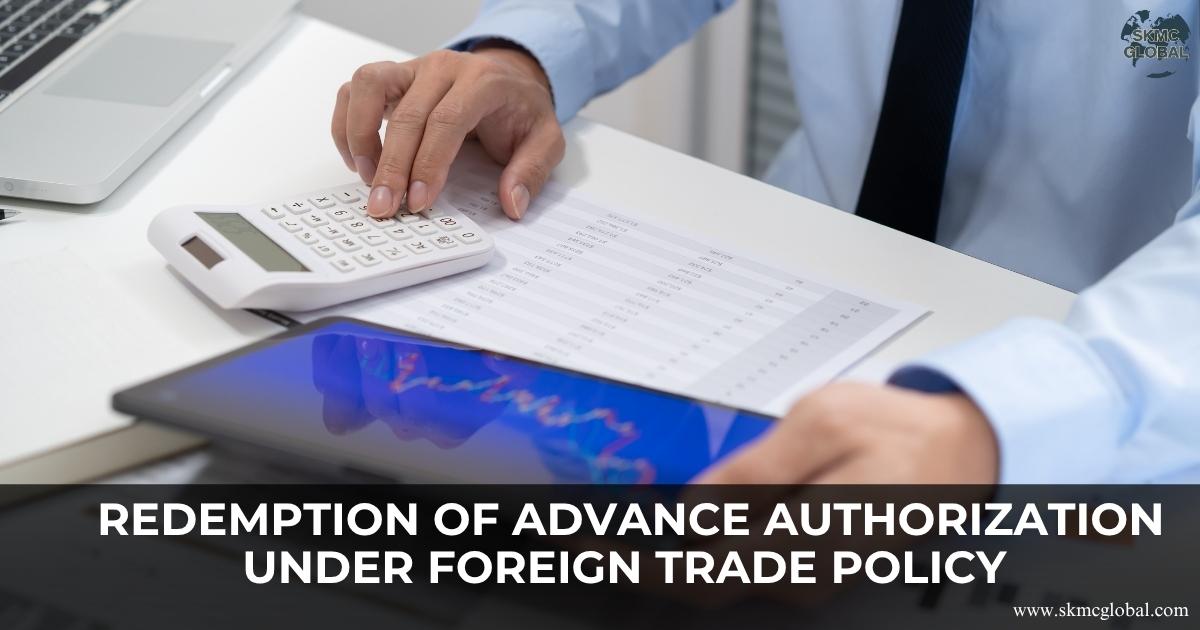 Redemption of Advance Authorization under Foreign ...
Oct 04,2025
Redemption of Advance Authorization under Foreign ...
Oct 04,2025
-
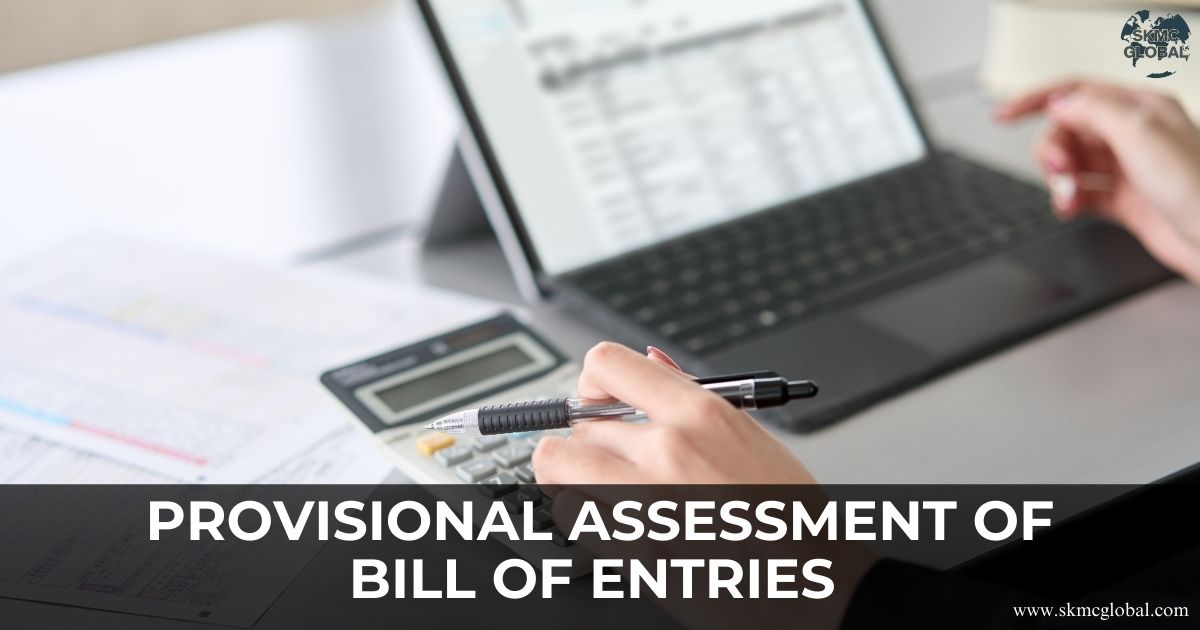 What is provisional assessment of Bill of Entries ...
Sep 29,2025
What is provisional assessment of Bill of Entries ...
Sep 29,2025
-
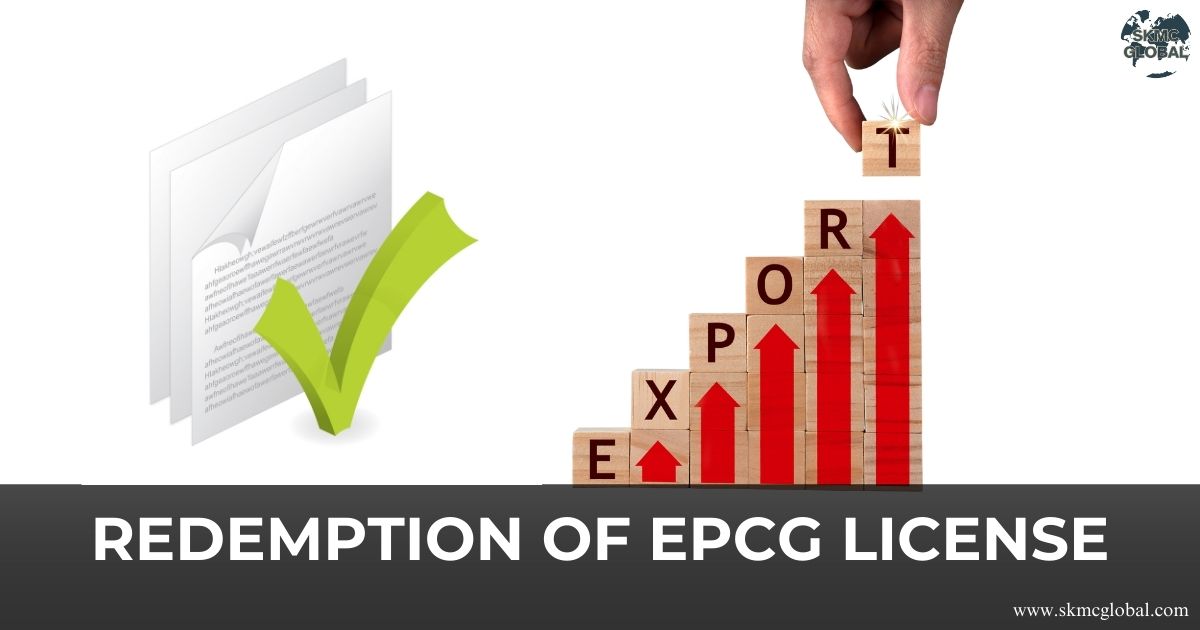 Redemption of EPCG License...
Sep 26,2025
Redemption of EPCG License...
Sep 26,2025
-
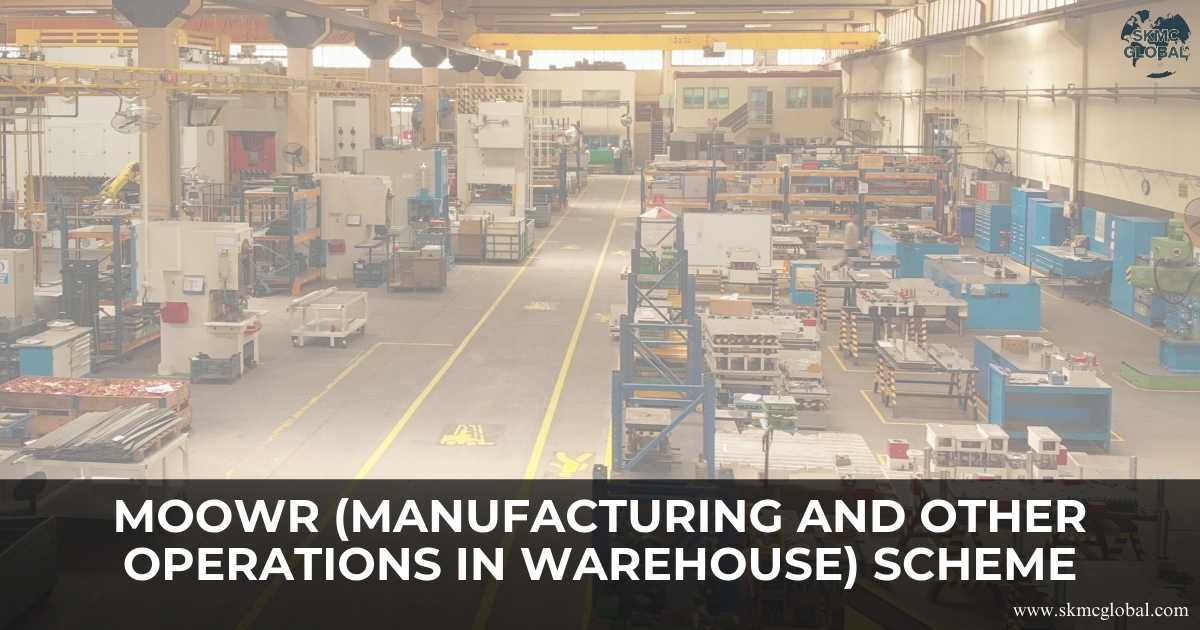 MOOWR (Manufacturing and Other Operations in Wareh...
Sep 24,2025
MOOWR (Manufacturing and Other Operations in Wareh...
Sep 24,2025
-
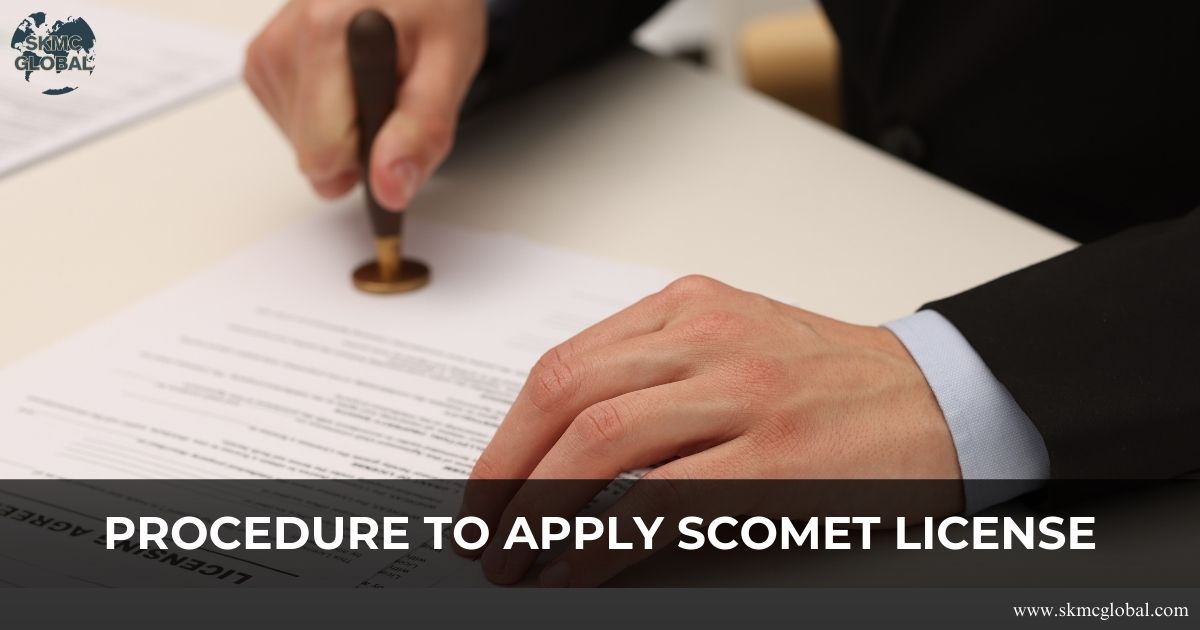 Procedure to Apply SCOMET License...
Sep 22,2025
Procedure to Apply SCOMET License...
Sep 22,2025
-
 Landscape of Semiconductor Industry while Doing Bu...
Sep 18,2025
Landscape of Semiconductor Industry while Doing Bu...
Sep 18,2025
-
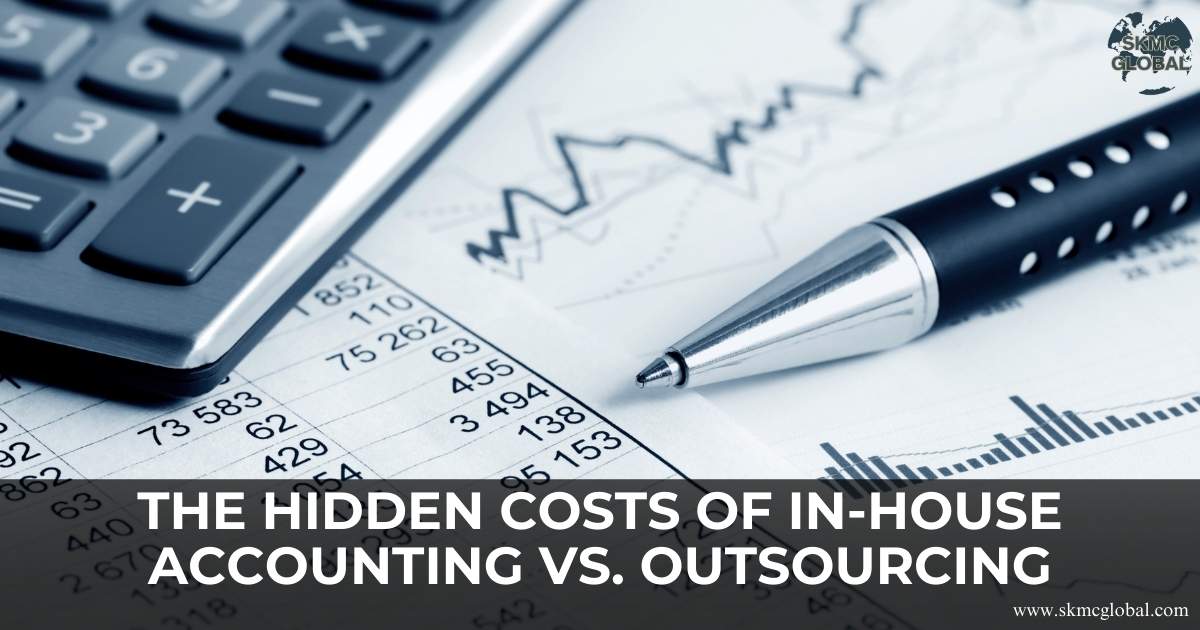 The Hidden Costs of In-House Accounting v/s Outsou...
Sep 17,2025
The Hidden Costs of In-House Accounting v/s Outsou...
Sep 17,2025
-
 TDS on sale of immovable property by an nri...
Sep 10,2025
TDS on sale of immovable property by an nri...
Sep 10,2025
-
 Setting up a Project Office in India...
Sep 08,2025
Setting up a Project Office in India...
Sep 08,2025
-
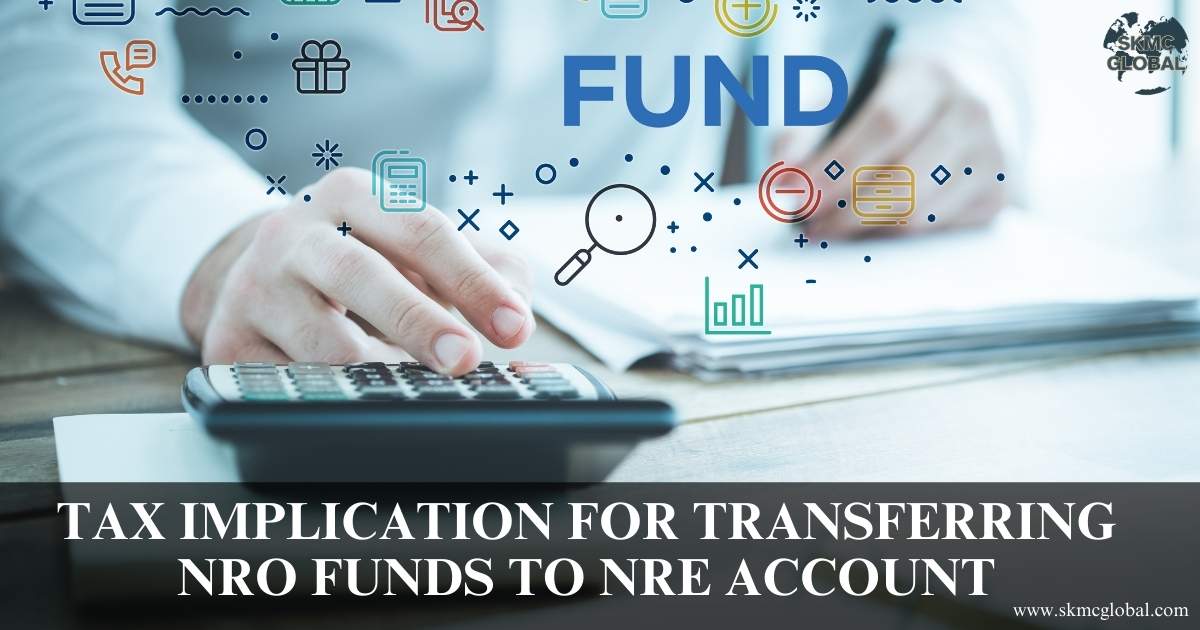 Tax Implication for Transferring NRO Funds to NRE ...
Sep 05,2025
Tax Implication for Transferring NRO Funds to NRE ...
Sep 05,2025
-
 How outsourcing CFO services helps the corporates ...
Aug 27,2025
How outsourcing CFO services helps the corporates ...
Aug 27,2025
-
 Why a Periodical Cash Flow Statement is Necessary ...
Aug 26,2025
Why a Periodical Cash Flow Statement is Necessary ...
Aug 26,2025
-
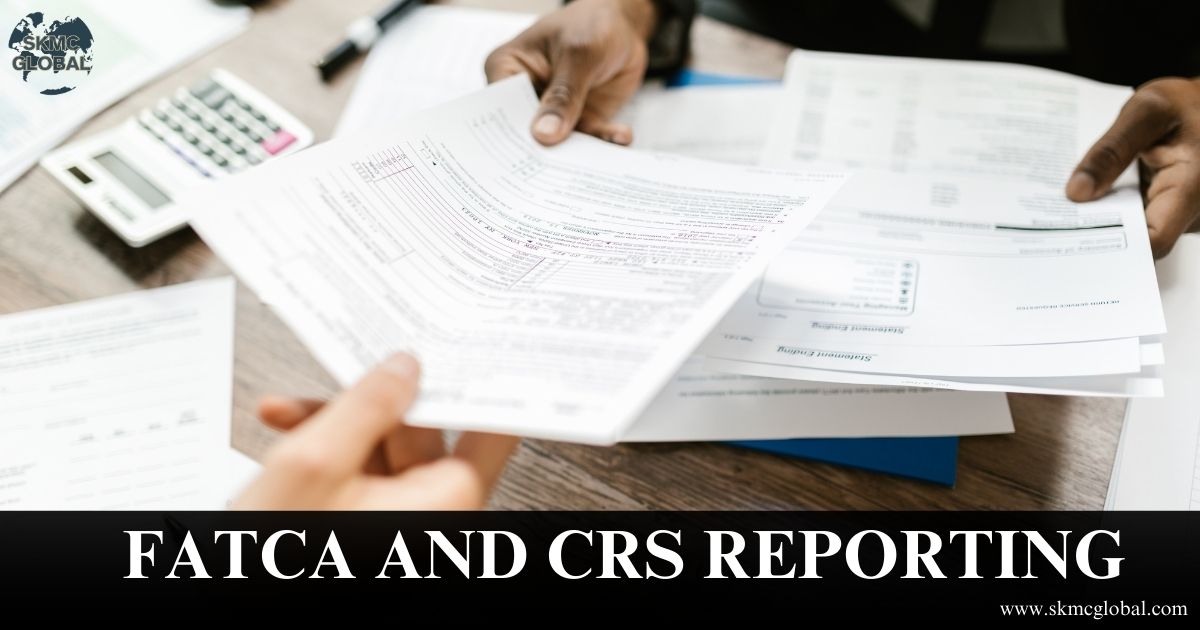 What is FATCA and CRS reporting and its difference...
Aug 22,2025
What is FATCA and CRS reporting and its difference...
Aug 22,2025
-
 What are unclaimed TDS Credits and how to claim it...
Aug 21,2025
What are unclaimed TDS Credits and how to claim it...
Aug 21,2025
-
 Digital Taxation is reshaping Tax Nexus Between Ju...
Aug 20,2025
Digital Taxation is reshaping Tax Nexus Between Ju...
Aug 20,2025
-
 Procedure to Take PF Registration and Its Complian...
Aug 18,2025
Procedure to Take PF Registration and Its Complian...
Aug 18,2025
-
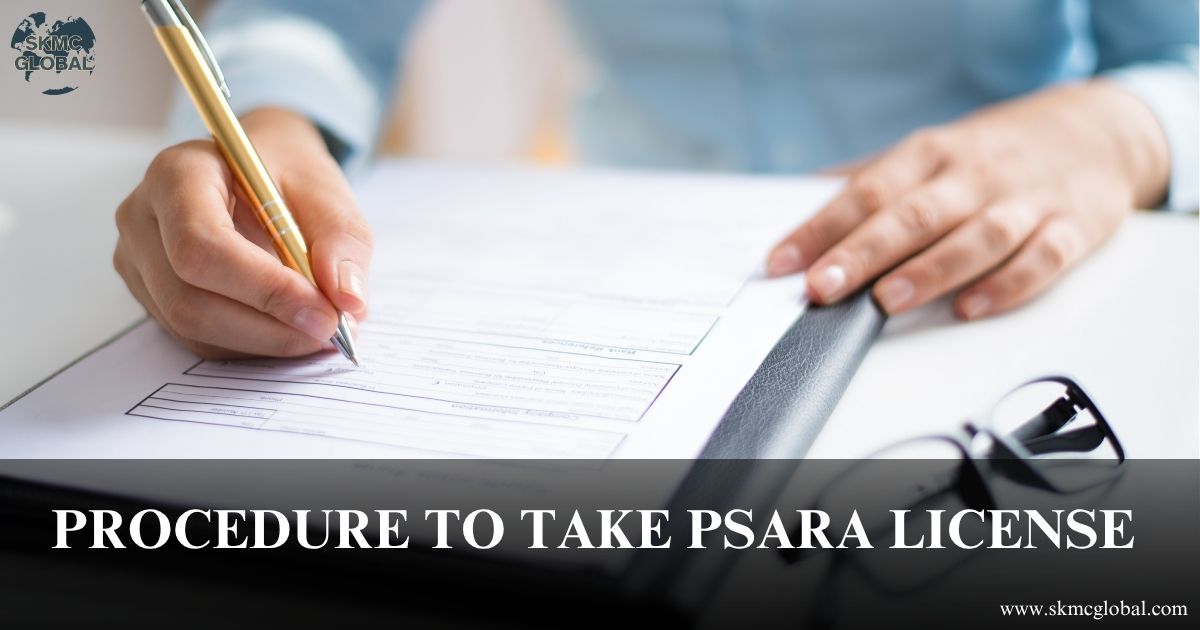 Procedure to take PSARA License...
Aug 11,2025
Procedure to take PSARA License...
Aug 11,2025
-
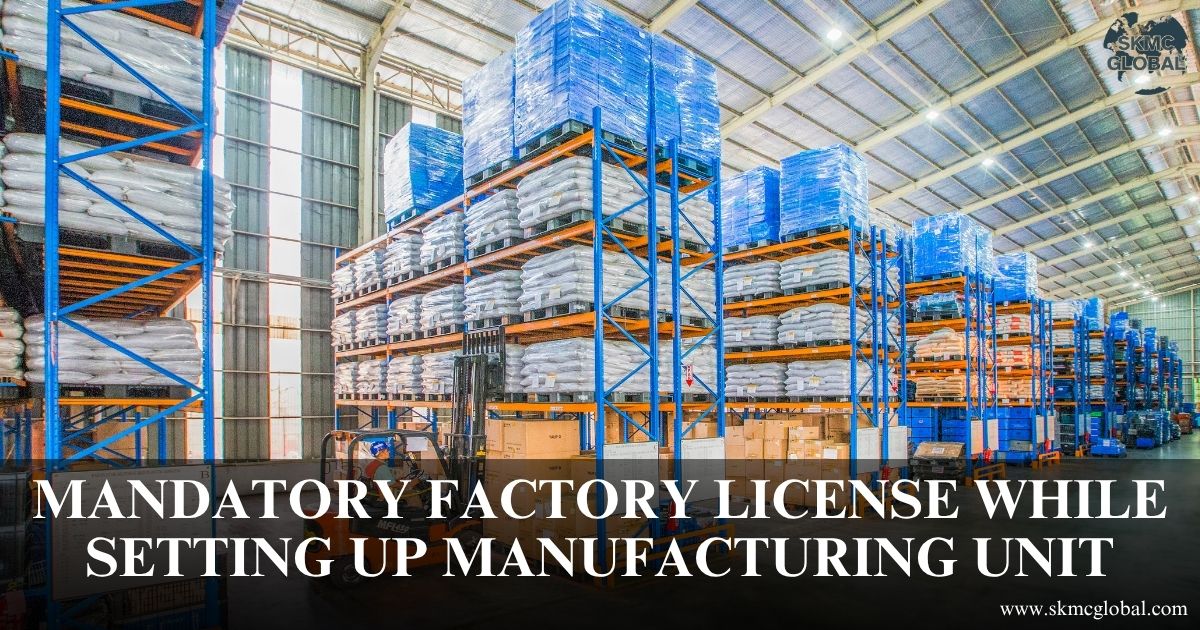 Mandatory factory license while setting up manufac...
Aug 08,2025
Mandatory factory license while setting up manufac...
Aug 08,2025
-
 Procedure for obtaining NBFC Registration in India...
Aug 04,2025
Procedure for obtaining NBFC Registration in India...
Aug 04,2025
-
 FSSAI License registration for Food Business...
Jul 14,2025
FSSAI License registration for Food Business...
Jul 14,2025
-
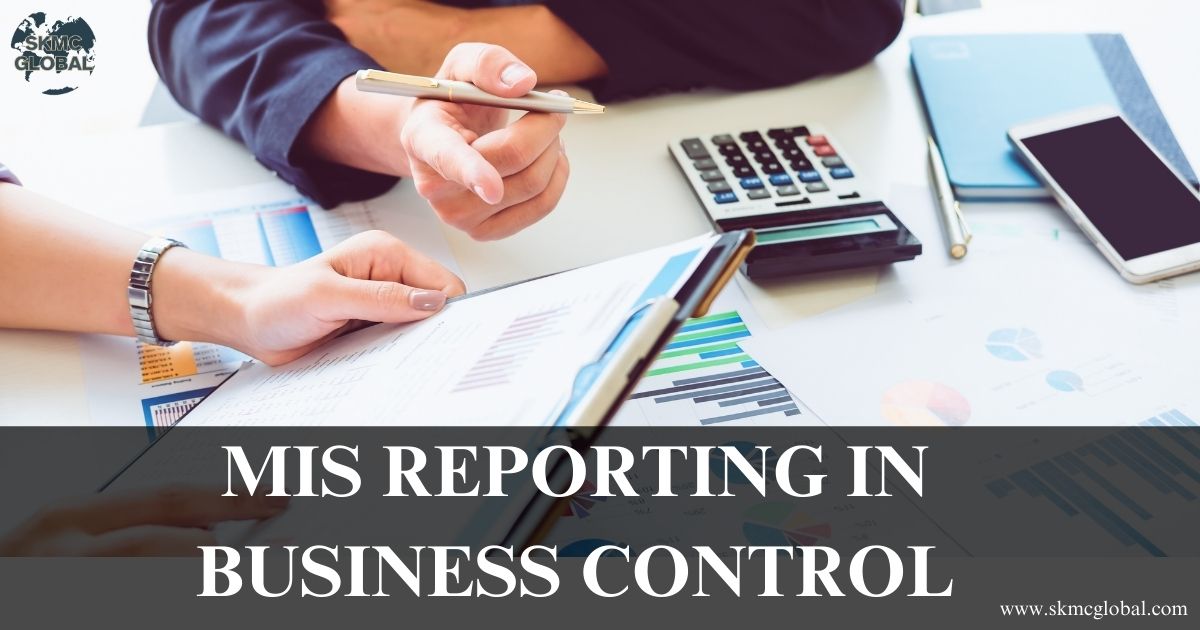 How Management Information System (MIS) reporting ...
Jul 11,2025
How Management Information System (MIS) reporting ...
Jul 11,2025
-
 IFRS 9 impairment- A complete guide...
Jul 12,2025
IFRS 9 impairment- A complete guide...
Jul 12,2025
-
 Why most of the companies are shifting to hr and p...
Jul 10,2025
Why most of the companies are shifting to hr and p...
Jul 10,2025
-
 A complete guide on valuation of shares...
Jul 10,2025
A complete guide on valuation of shares...
Jul 10,2025
-
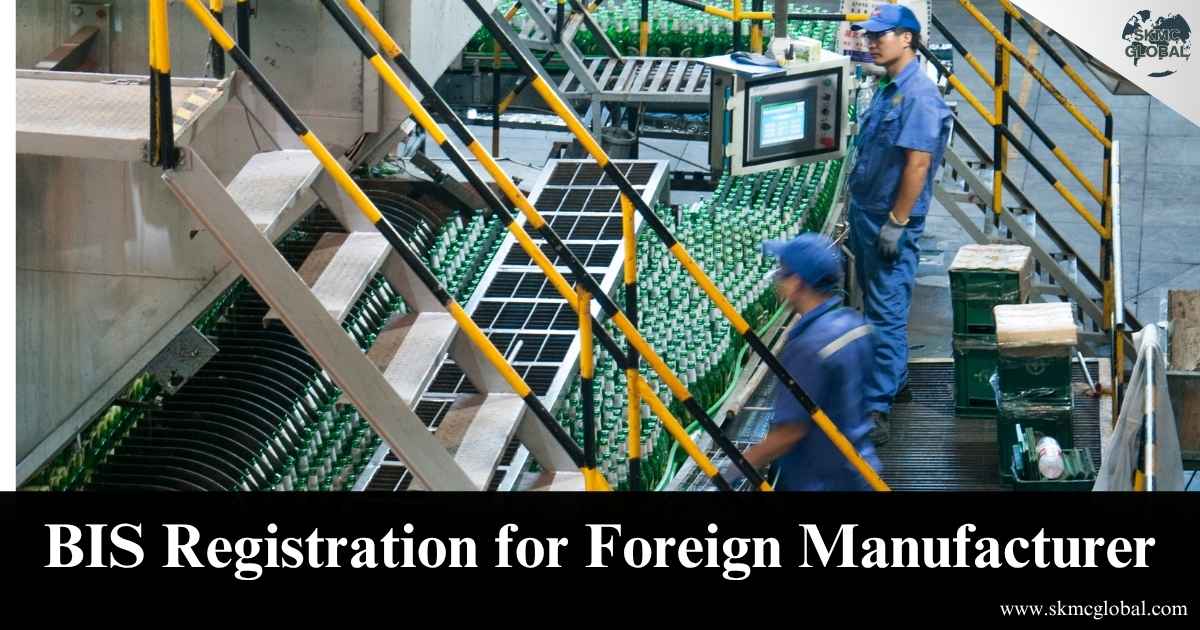 BIS registration for foreign manufacturer...
Jul 09,2025
BIS registration for foreign manufacturer...
Jul 09,2025
-
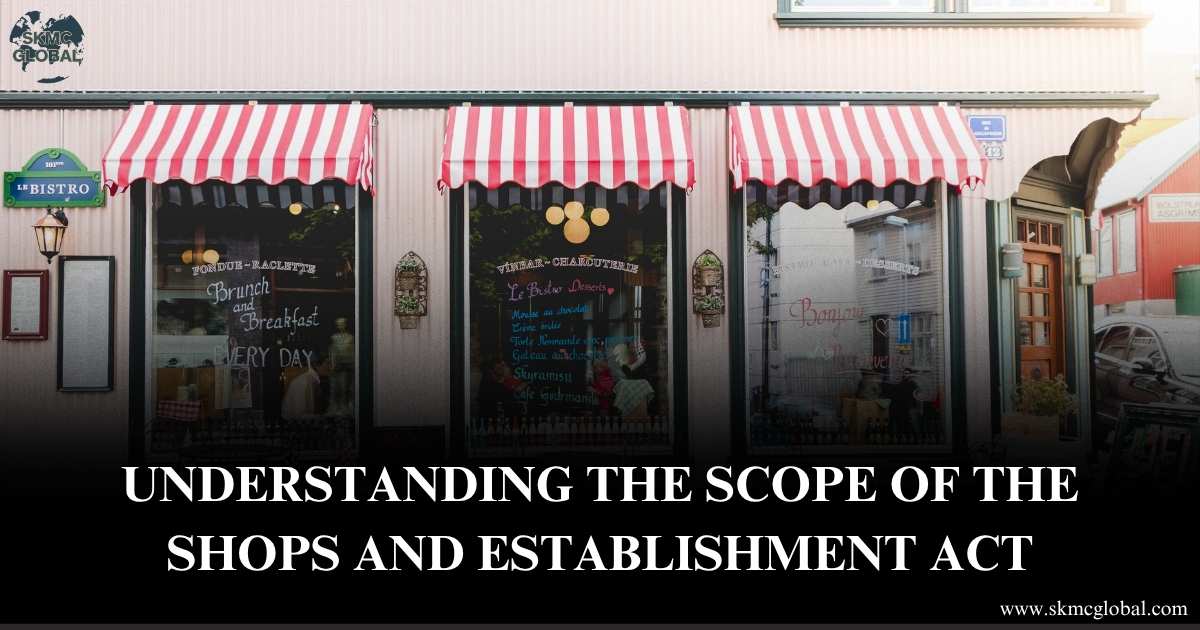 Understanding the Scope of the Shops and Establish...
Jul 08,2025
Understanding the Scope of the Shops and Establish...
Jul 08,2025
-
 Coso framework: Complete guide on internal control...
Jun 26,2025
Coso framework: Complete guide on internal control...
Jun 26,2025
-
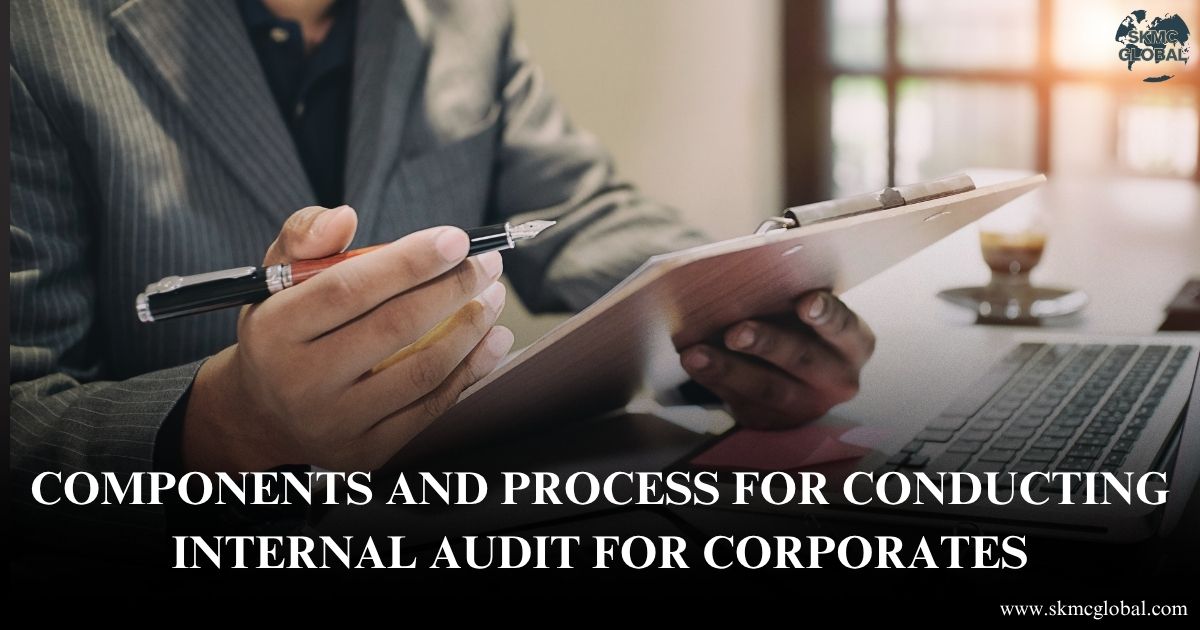 Components and Process for Conducting Internal Aud...
Jun 25,2025
Components and Process for Conducting Internal Aud...
Jun 25,2025
-
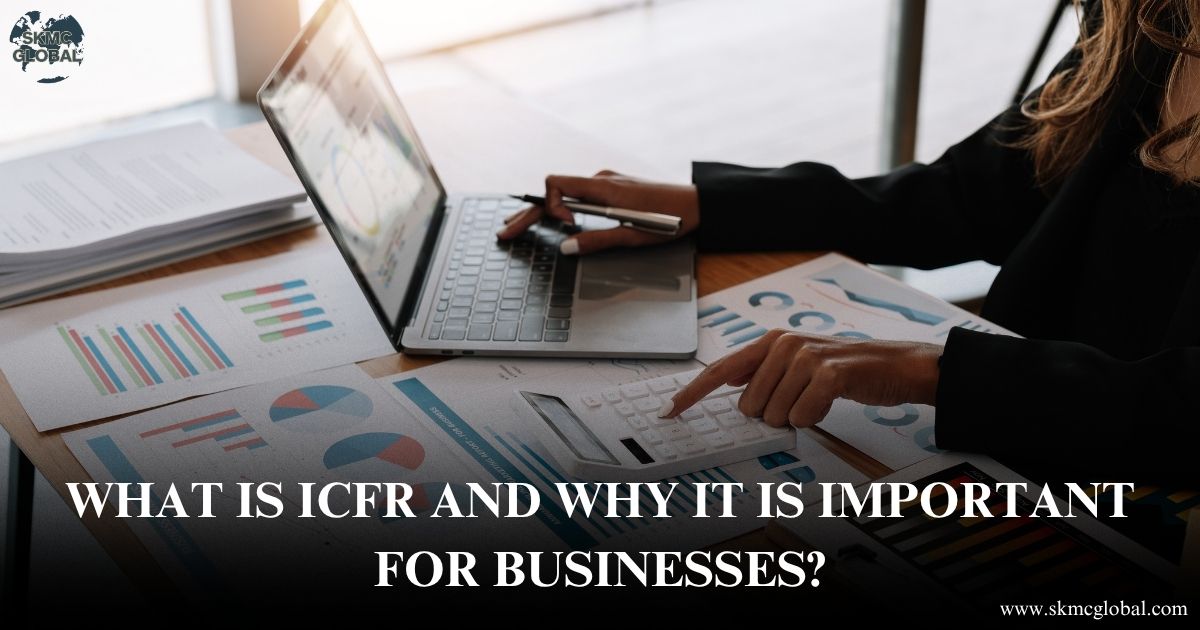 What is ICFR and Why It is Important for Businesse...
Jun 24,2025
What is ICFR and Why It is Important for Businesse...
Jun 24,2025
-
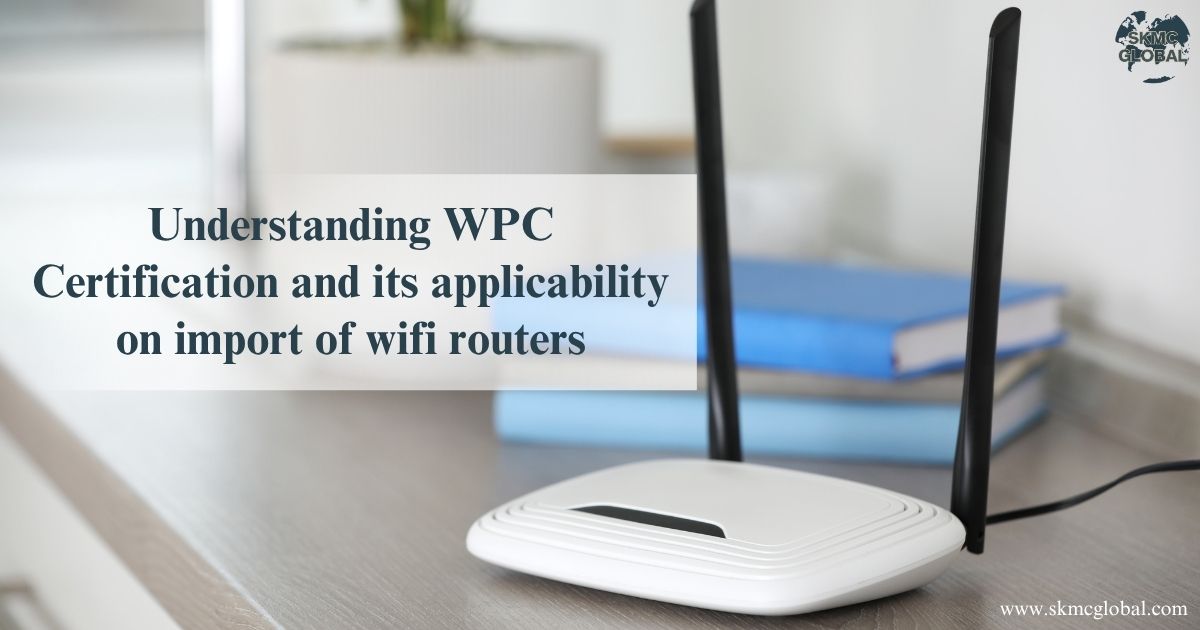 Understanding WPC Certification and its applicabil...
Jun 23,2025
Understanding WPC Certification and its applicabil...
Jun 23,2025
-
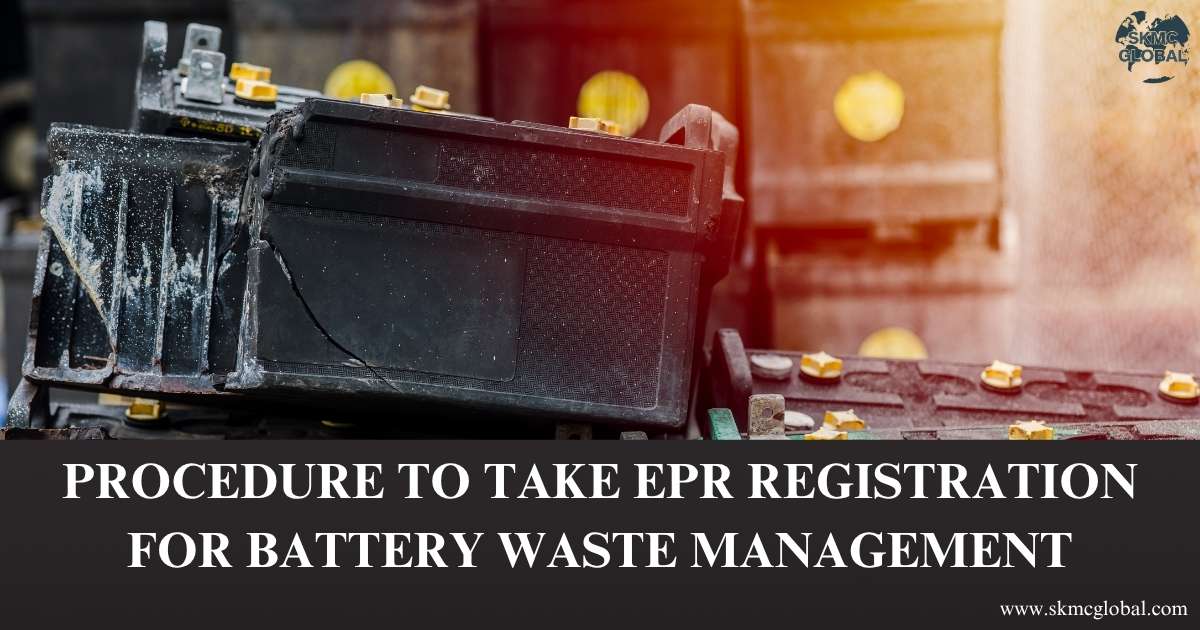 Procedure to take EPR registration for battery was...
Jun 21,2025
Procedure to take EPR registration for battery was...
Jun 21,2025
-
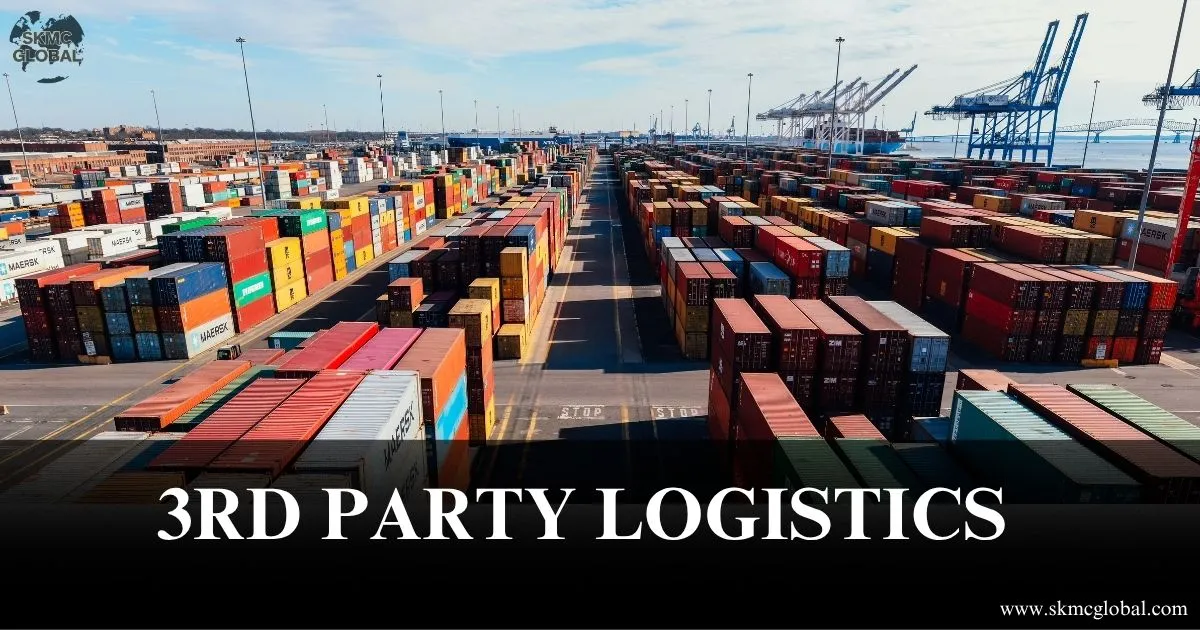 3PL Logistics...
Jun 19,2025
3PL Logistics...
Jun 19,2025
-
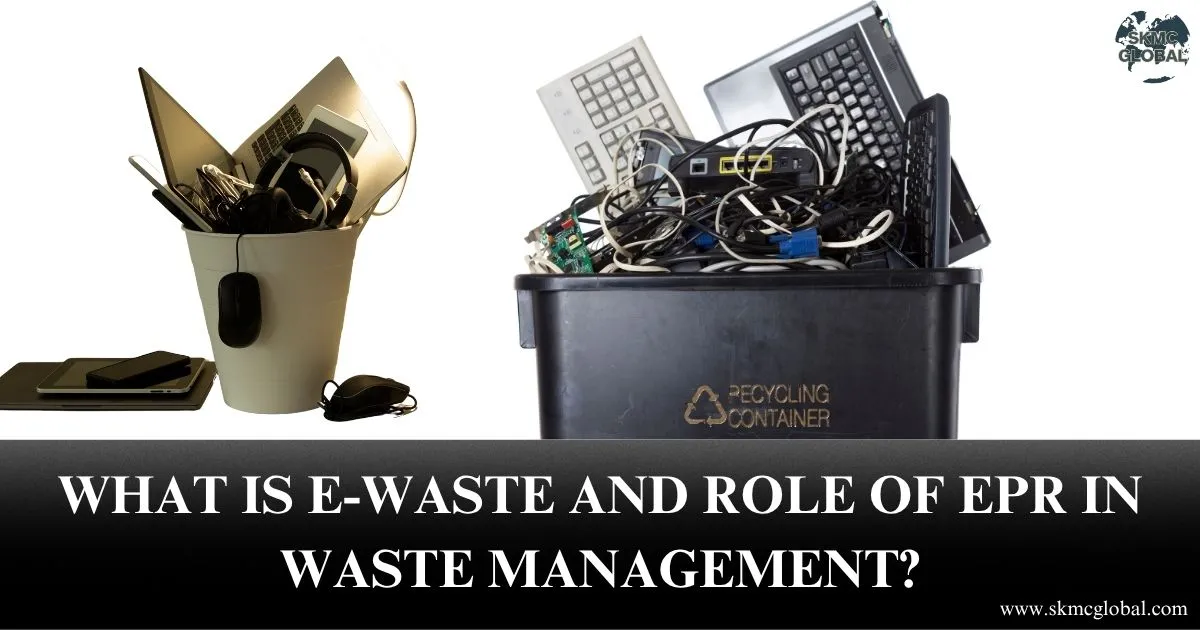 What is E-Waste and role of EPR in Waste Managemen...
Jun 17,2025
What is E-Waste and role of EPR in Waste Managemen...
Jun 17,2025
-
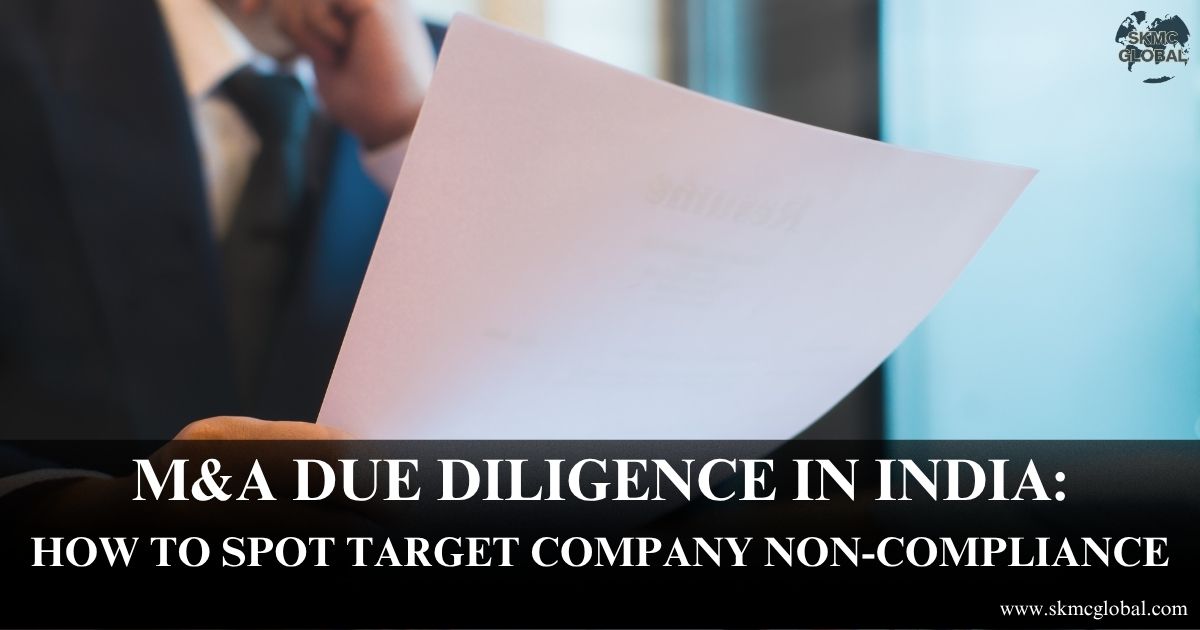 M&A Due Diligence in India: How to Spot Target Com...
Jun 16,2025
M&A Due Diligence in India: How to Spot Target Com...
Jun 16,2025
-
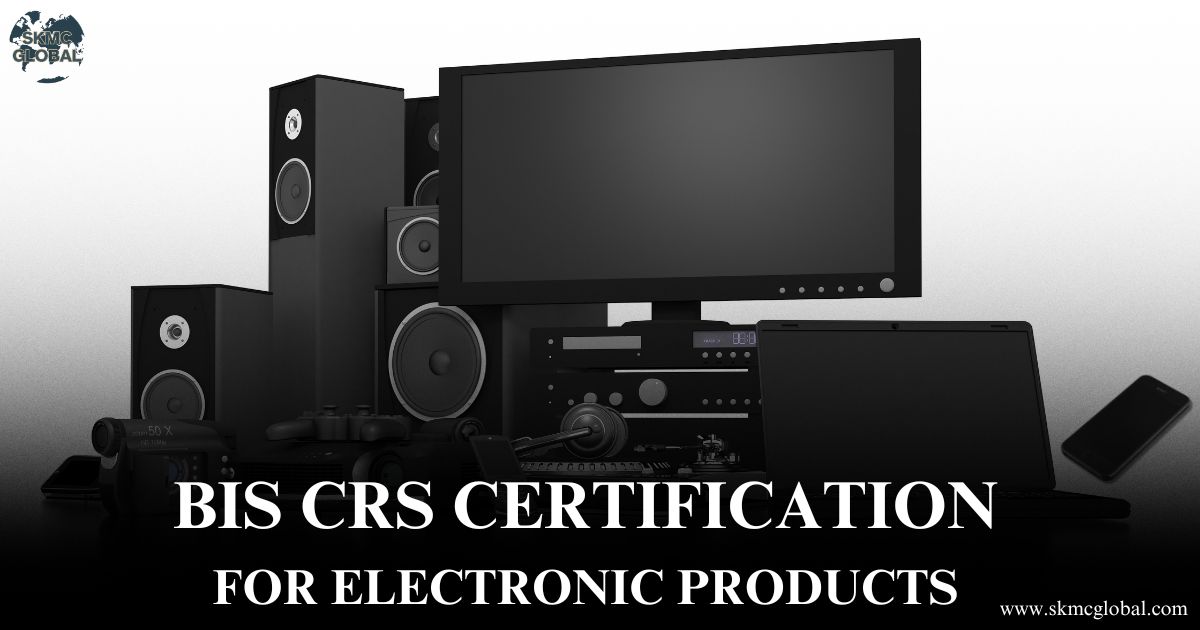 BIS crs certification for electronic products...
Jun 12,2025
BIS crs certification for electronic products...
Jun 12,2025
-
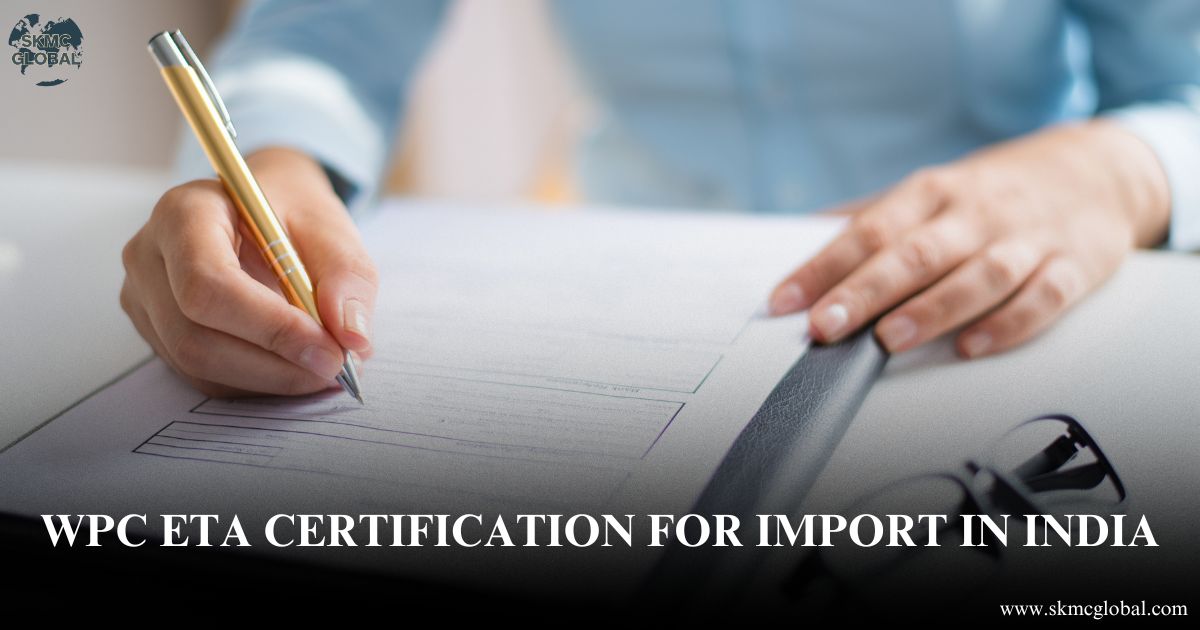 All you need to know about WPC ETA certification f...
Jun 11,2025
All you need to know about WPC ETA certification f...
Jun 11,2025
-
 What is CDSCO Registration under The Drugs & Cosme...
Jun 10,2025
What is CDSCO Registration under The Drugs & Cosme...
Jun 10,2025
-
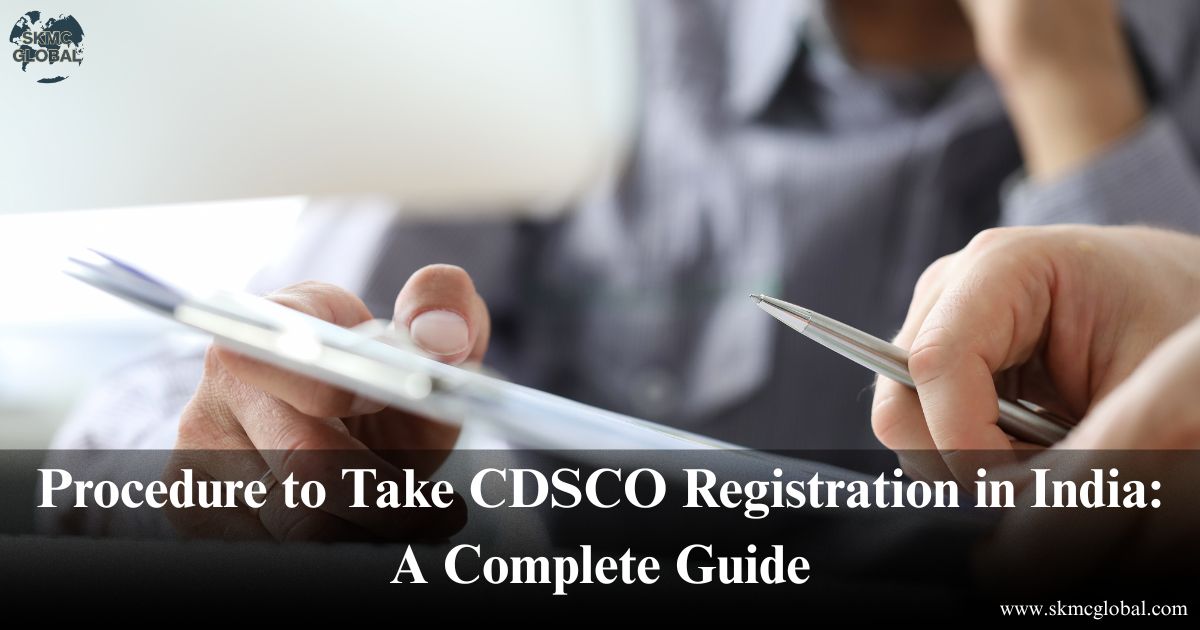 Procedure to Take CDSCO Registration in India: A C...
Jun 09,2025
Procedure to Take CDSCO Registration in India: A C...
Jun 09,2025
-
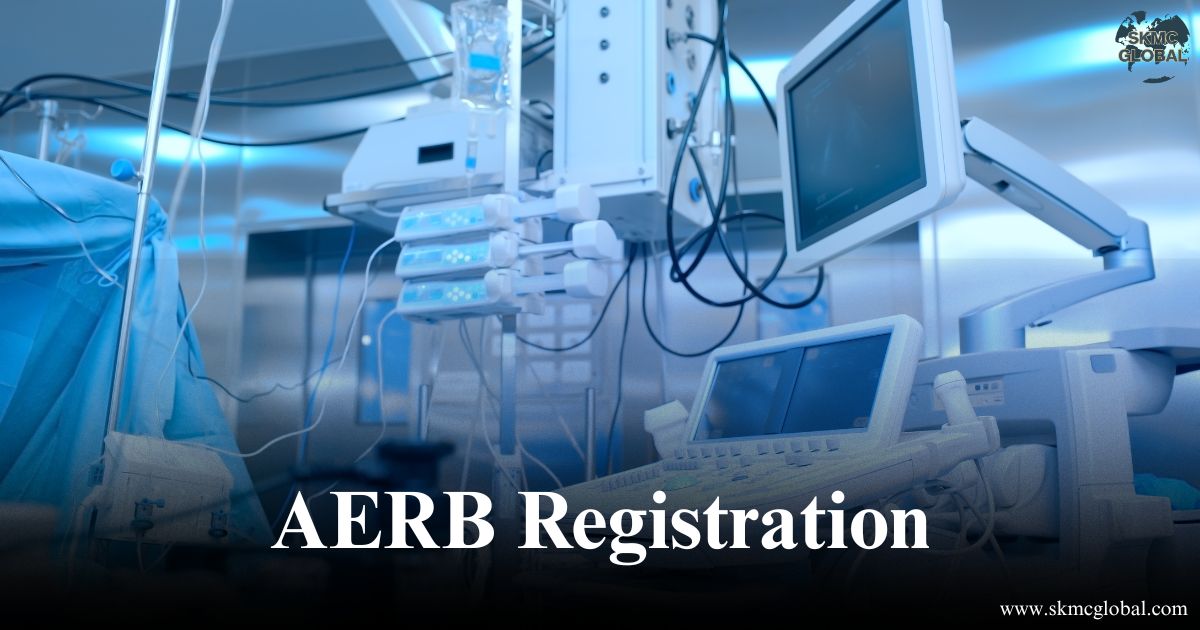 All You Need to Know About AERB Registration...
Jun 07,2025
All You Need to Know About AERB Registration...
Jun 07,2025
-
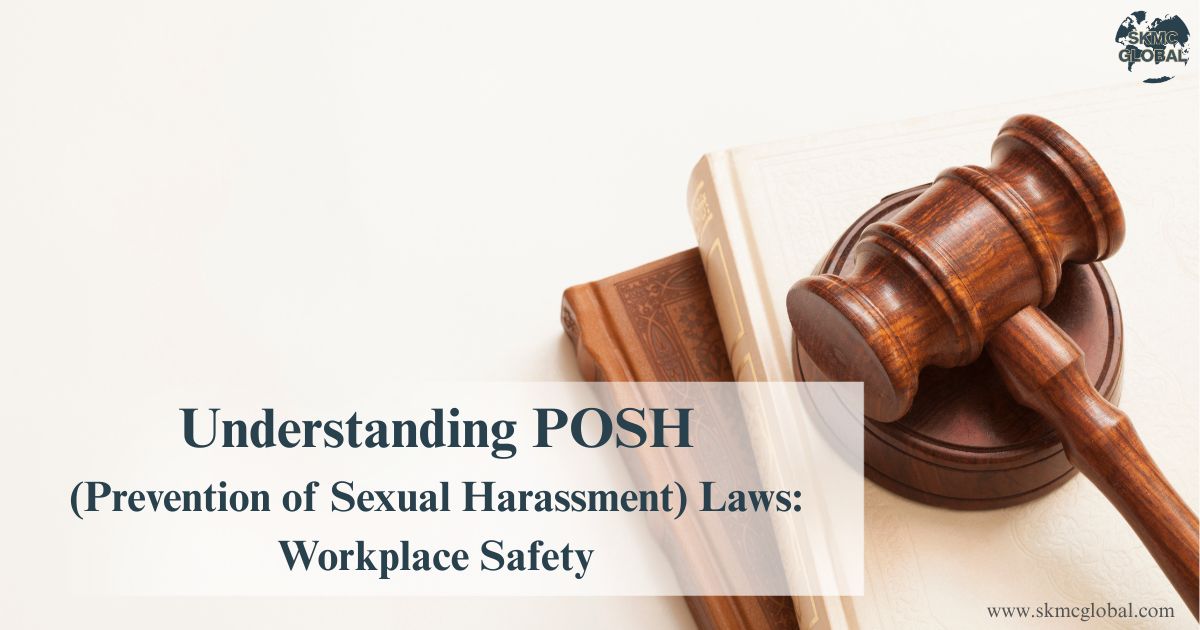 Understanding POSH (Prevention of Sexual Harassmen...
Jun 03,2025
Understanding POSH (Prevention of Sexual Harassmen...
Jun 03,2025
-
 Chartered Accountant's role in financial managemen...
May 23,2025
Chartered Accountant's role in financial managemen...
May 23,2025
-
 5 Things to keep in your mind while running payrol...
May 17,2025
5 Things to keep in your mind while running payrol...
May 17,2025
-
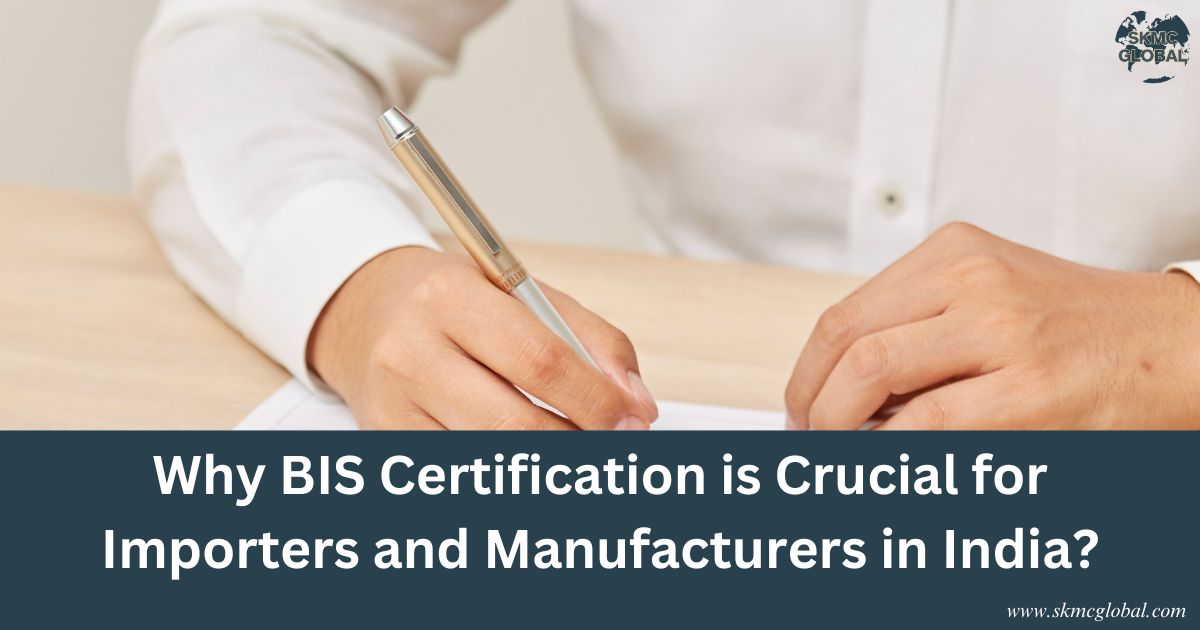 Why BIS Certification is Crucial for Importers and...
May 15,2025
Why BIS Certification is Crucial for Importers and...
May 15,2025
-
 Top 7 Reasons Indian Entrepreneurs Are Switching t...
May 07,2025
Top 7 Reasons Indian Entrepreneurs Are Switching t...
May 07,2025
-
 Incorporation of Company in Japan...
Apr 24,2025
Incorporation of Company in Japan...
Apr 24,2025
-
 How to set up a Representative Office in Singapore...
Apr 14,2025
How to set up a Representative Office in Singapore...
Apr 14,2025
-
 BIS certificate for medical equipments...
Apr 09,2025
BIS certificate for medical equipments...
Apr 09,2025
-
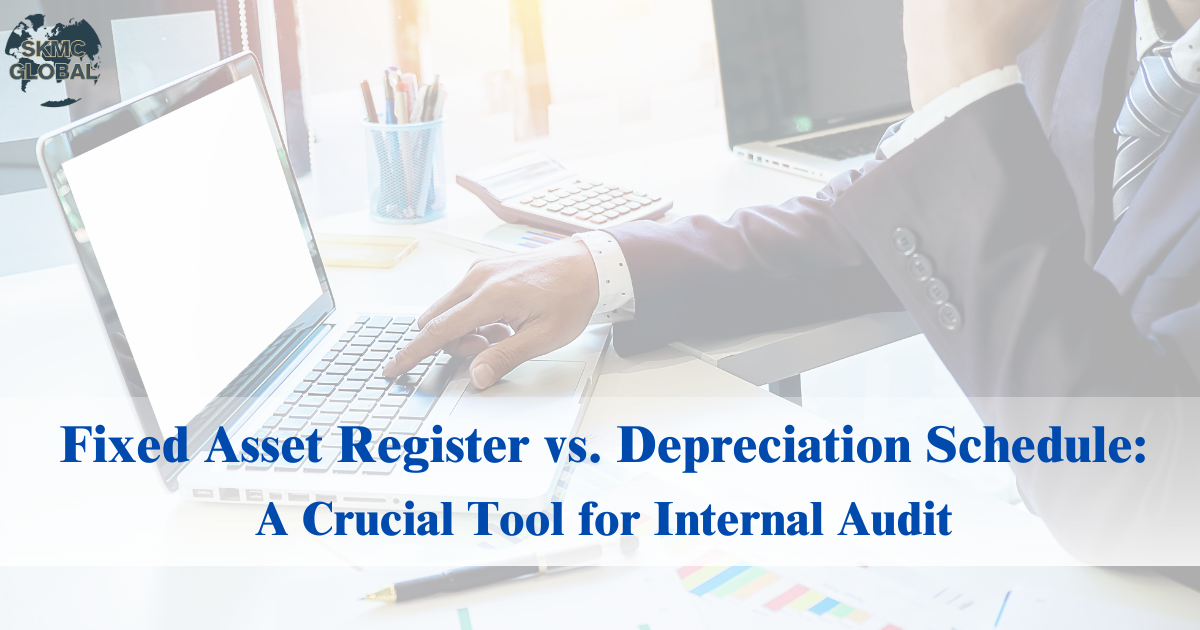 Fixed Asset Register v/s Depreciation Schedule: A ...
Apr 02,2025
Fixed Asset Register v/s Depreciation Schedule: A ...
Apr 02,2025
-
 Role of AI in Accounting...
Mar 26,2025
Role of AI in Accounting...
Mar 26,2025
-
 Capital Structure & its Impact on Profitability...
Feb 21,2025
Capital Structure & its Impact on Profitability...
Feb 21,2025
-
 Union Budget 2025...
Feb 01,2025
Union Budget 2025...
Feb 01,2025
-
 What is EPR in Plastic waste Management? ...
Jul 12,2022
What is EPR in Plastic waste Management? ...
Jul 12,2022
-
 Lithium-ion Battery Recycling Plant Setup in India...
May 10,2022
Lithium-ion Battery Recycling Plant Setup in India...
May 10,2022
-
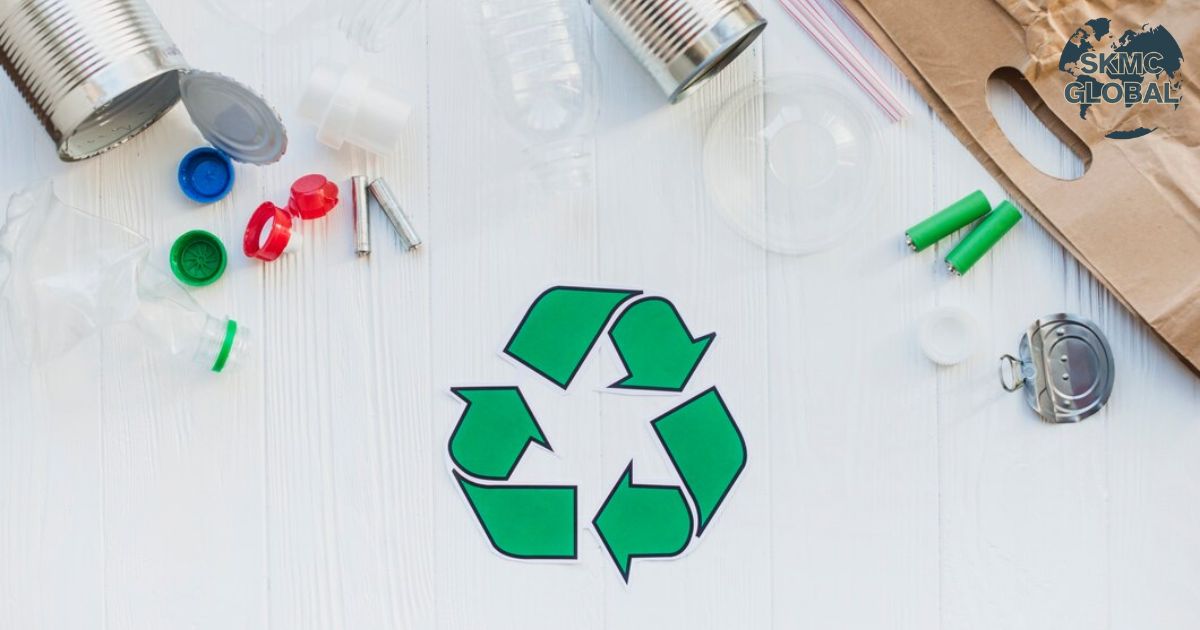 Setting up E-waste Recycling Plant Setup...
Jan 12,2022
Setting up E-waste Recycling Plant Setup...
Jan 12,2022
-
 Applicability of Labour Laws in India...
Jul 15,2021
Applicability of Labour Laws in India...
Jul 15,2021
-
 Basis to Outsource Finance and Accounting Services...
Oct 31,2021
Basis to Outsource Finance and Accounting Services...
Oct 31,2021
